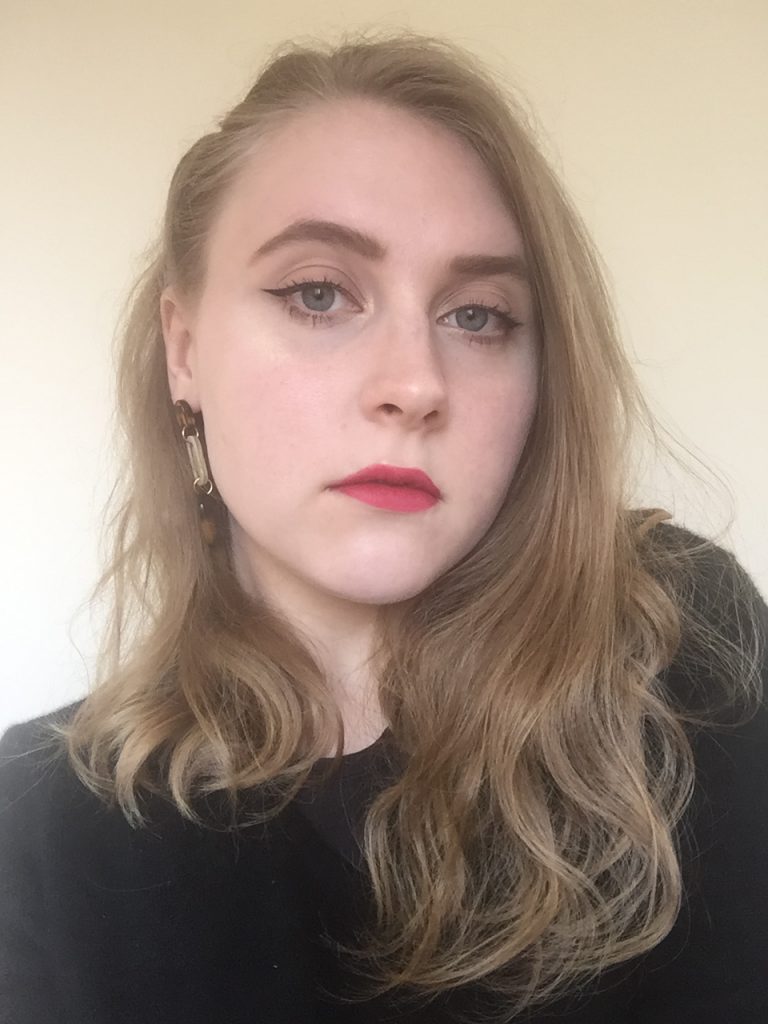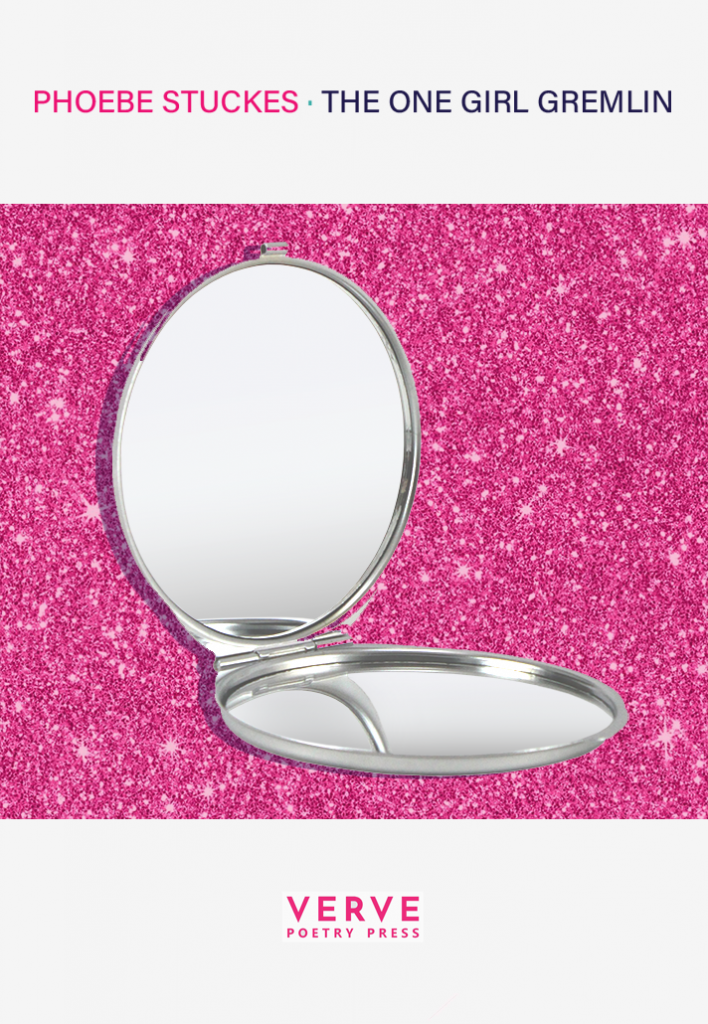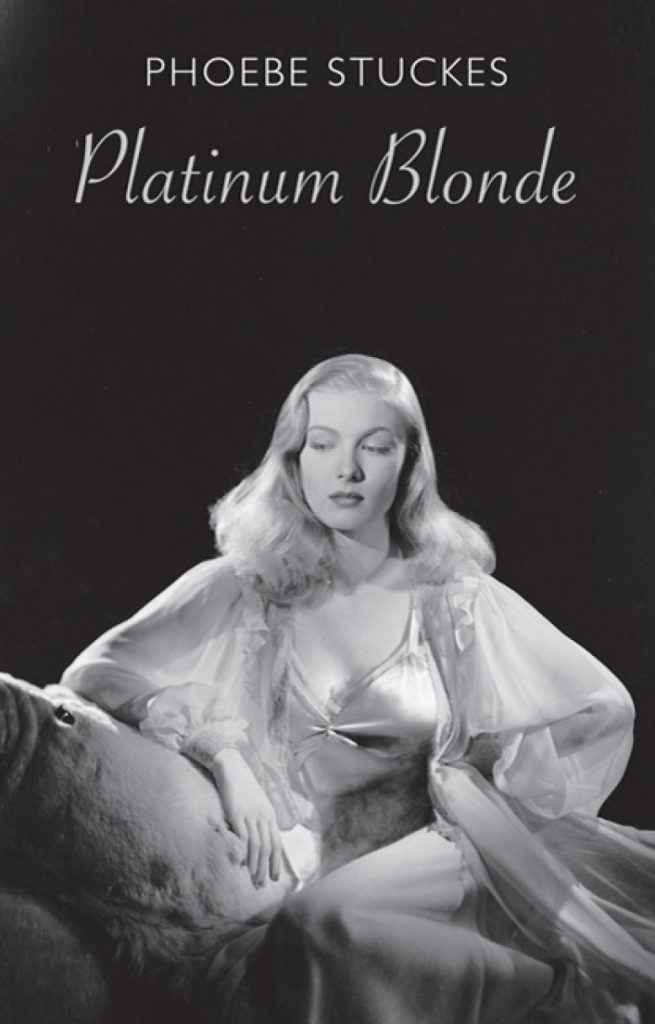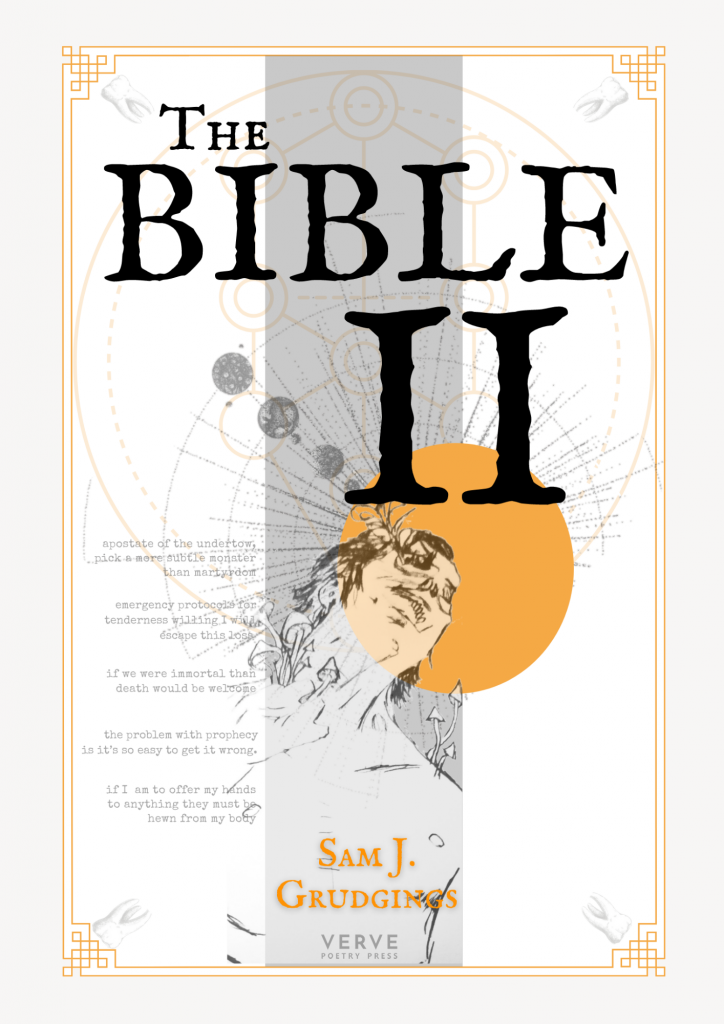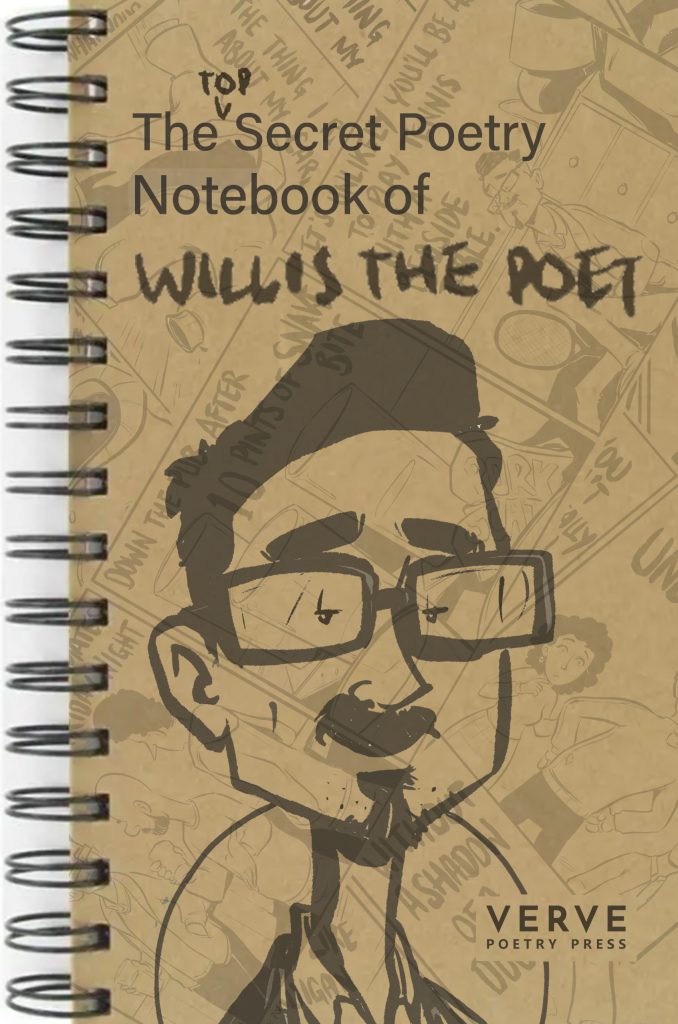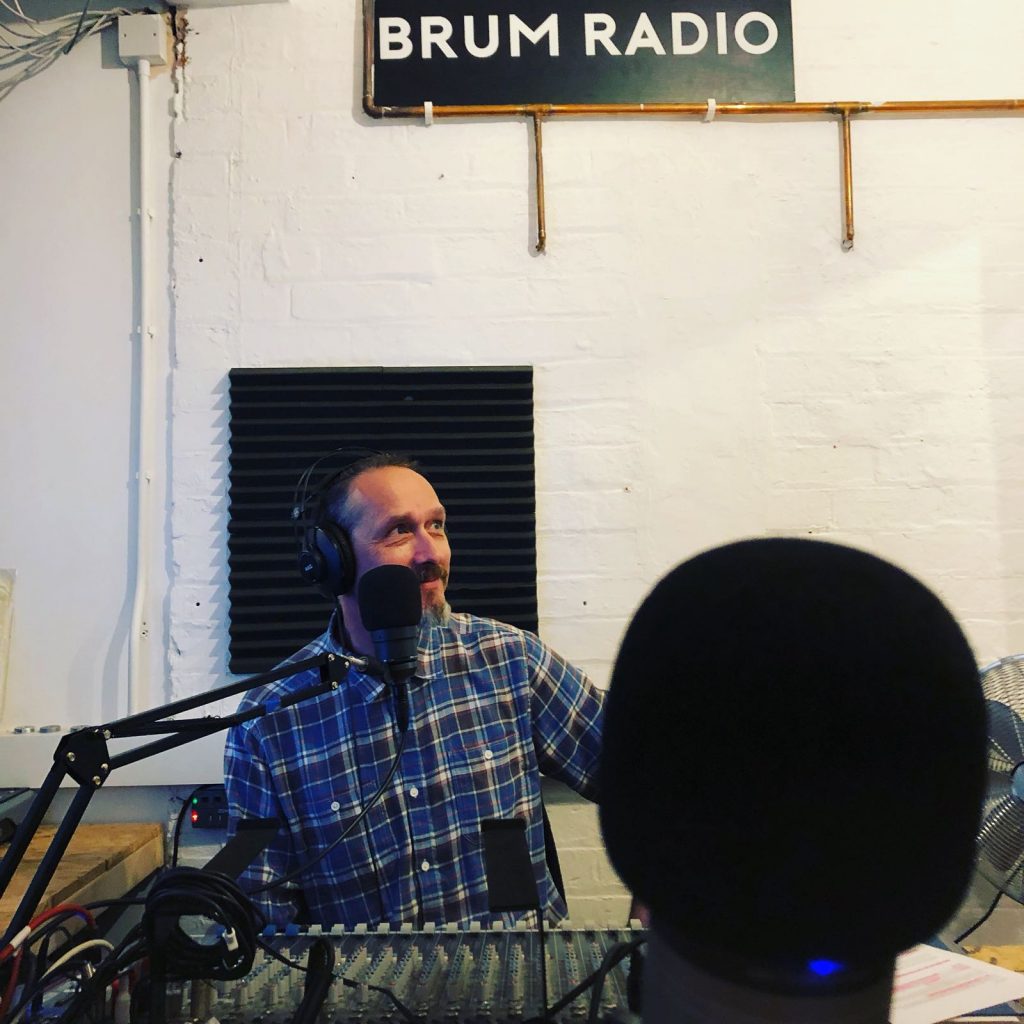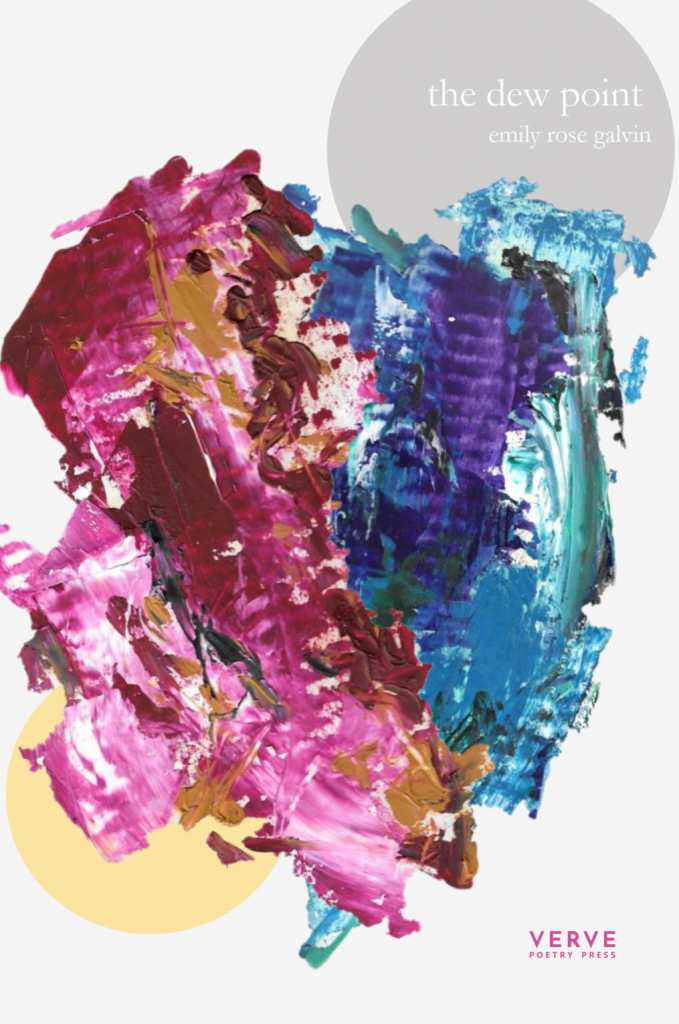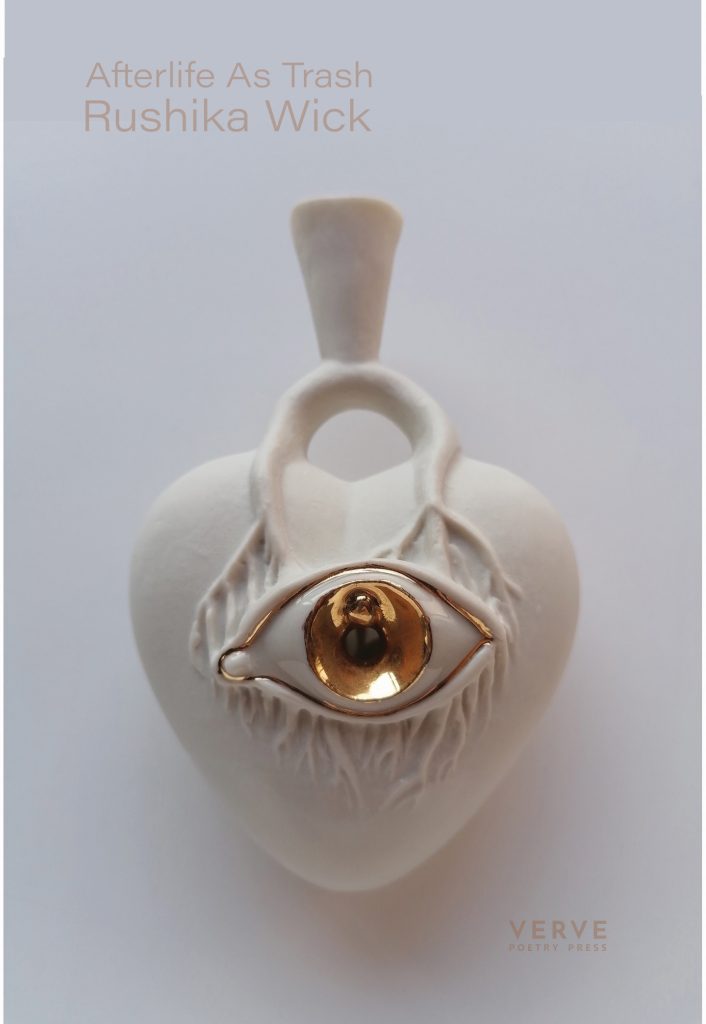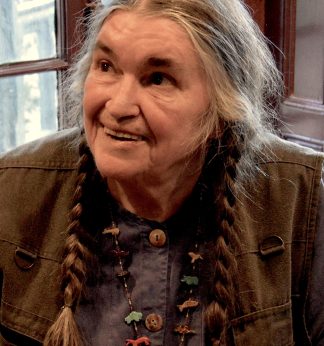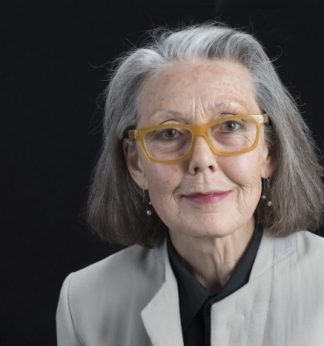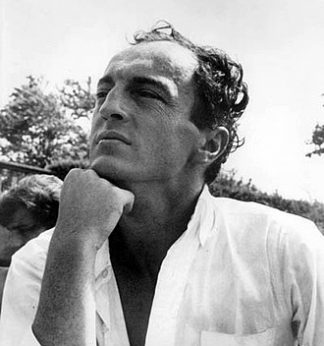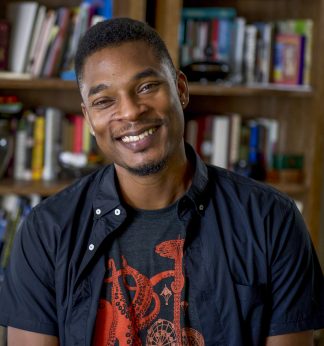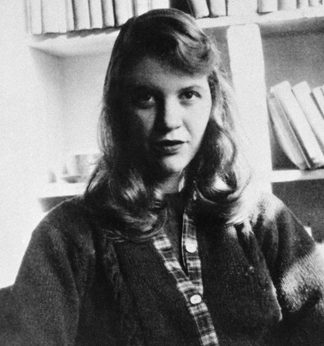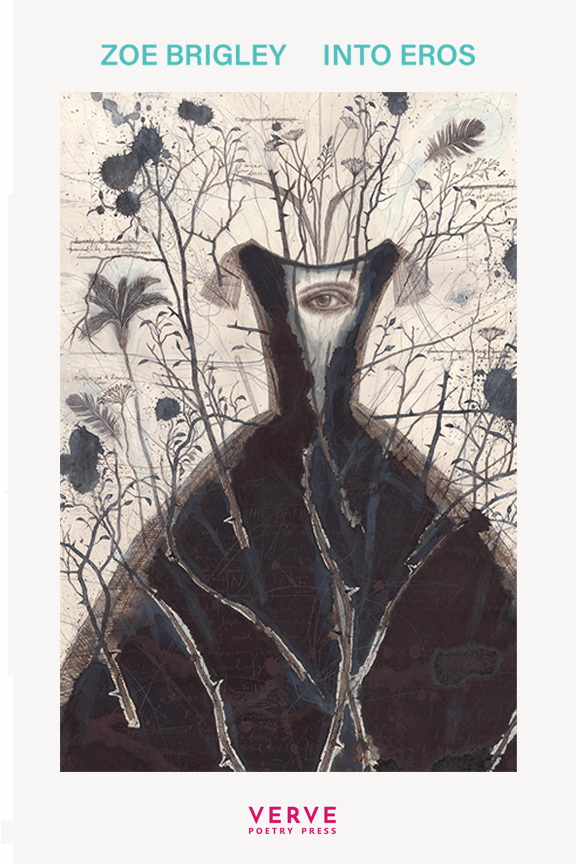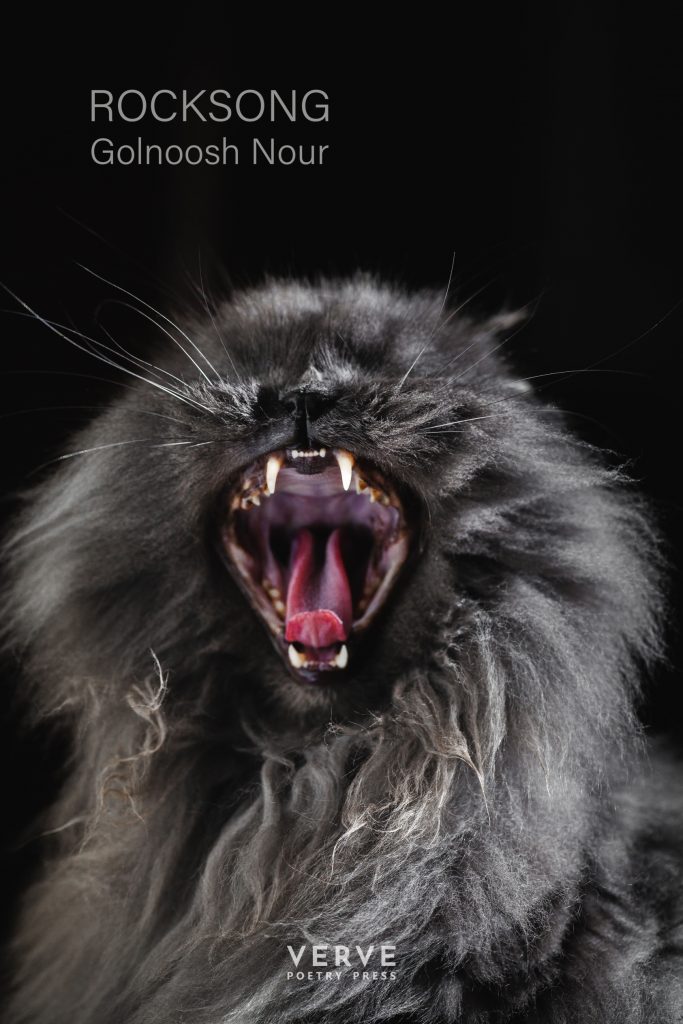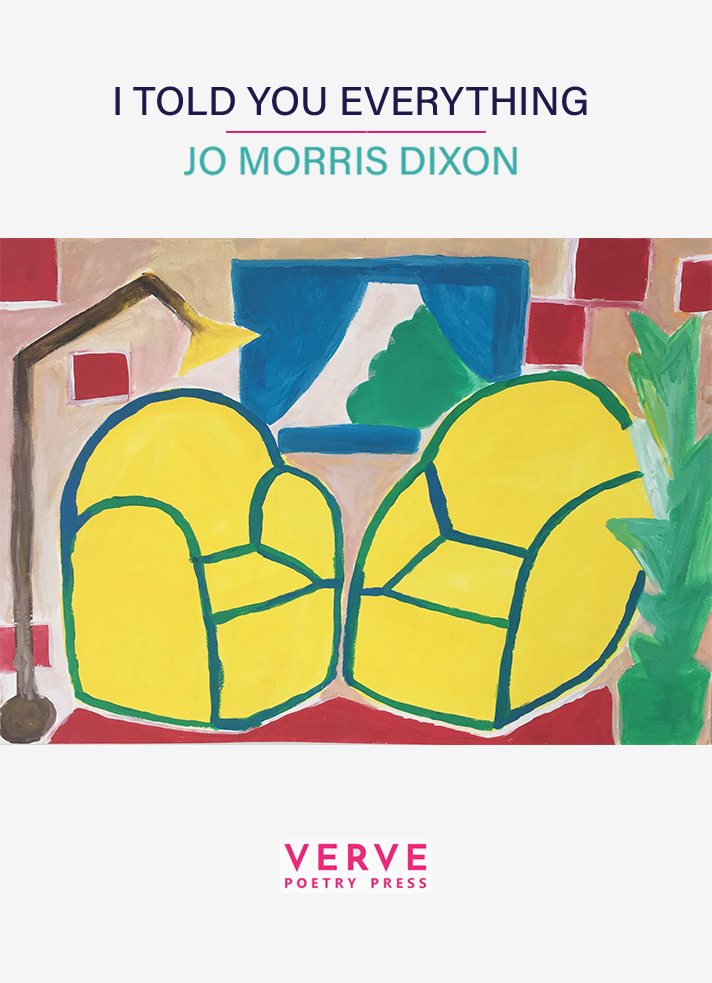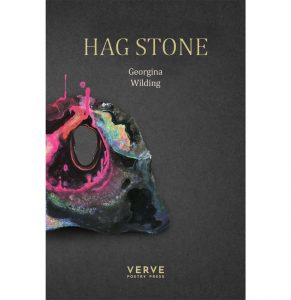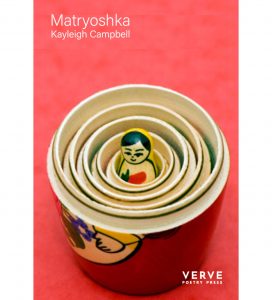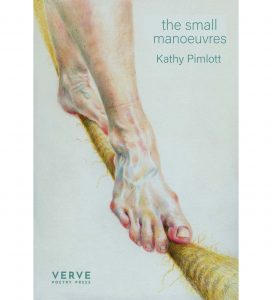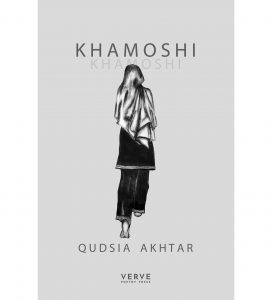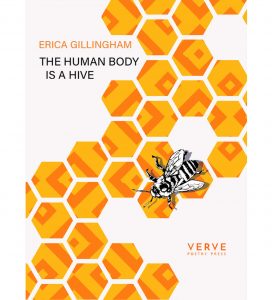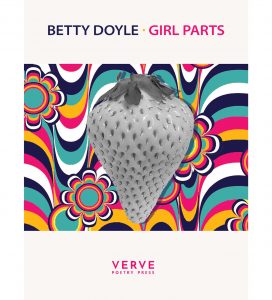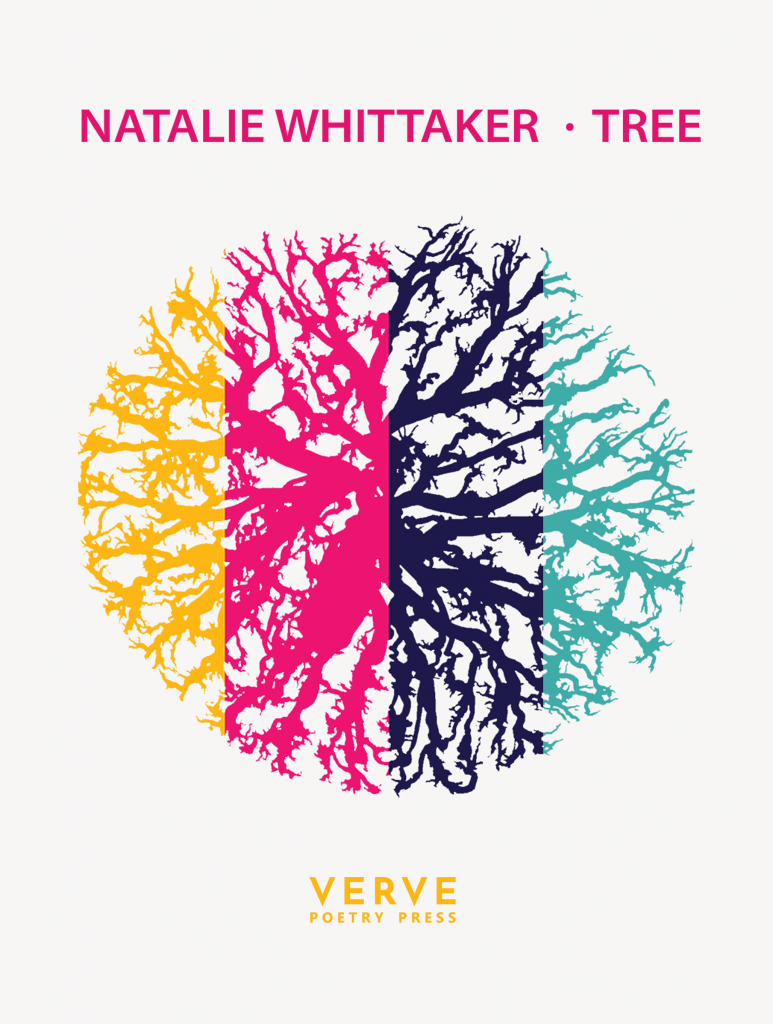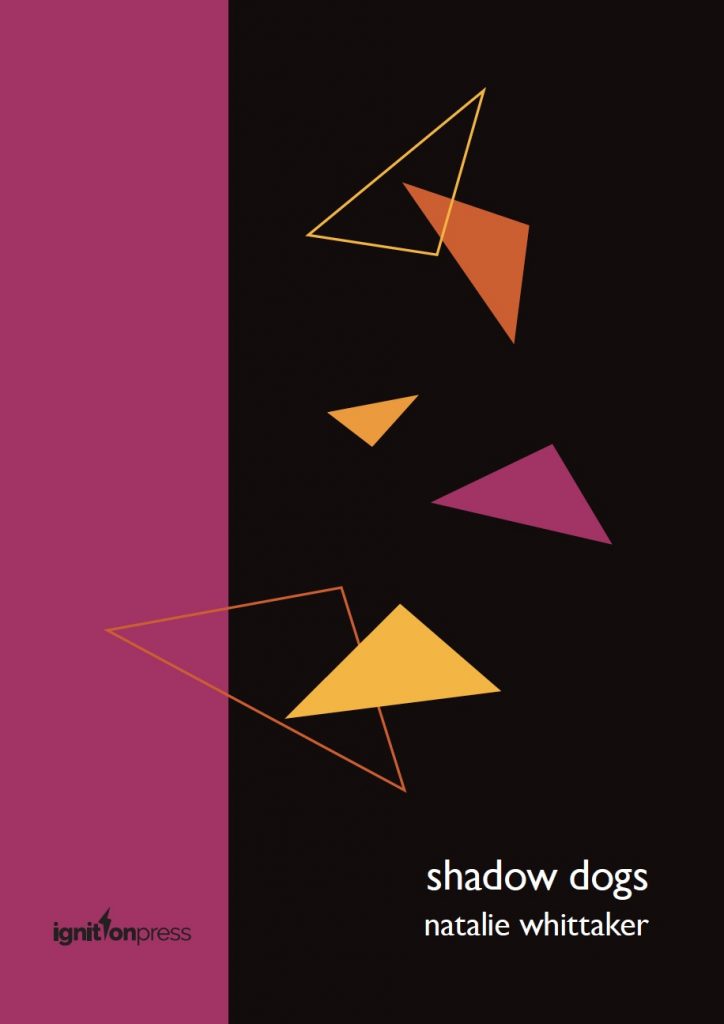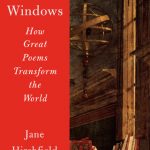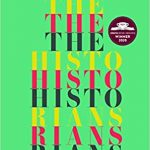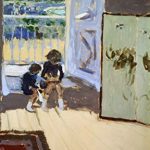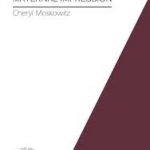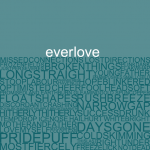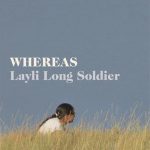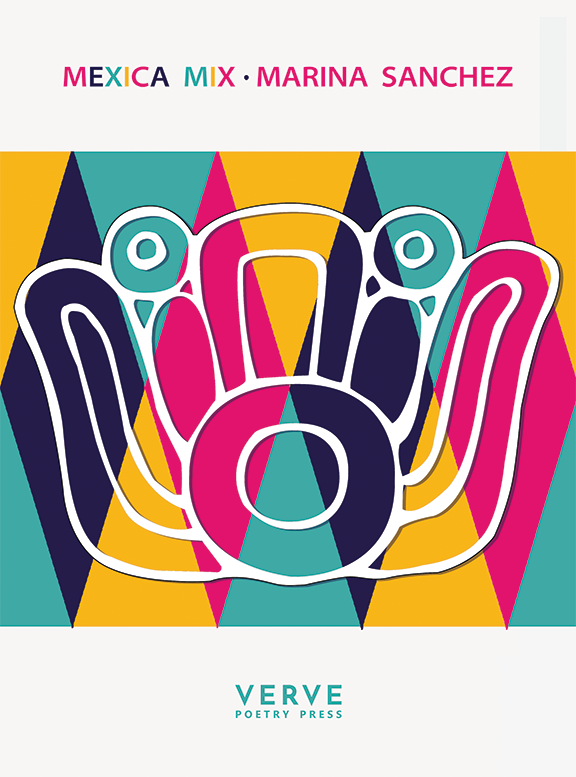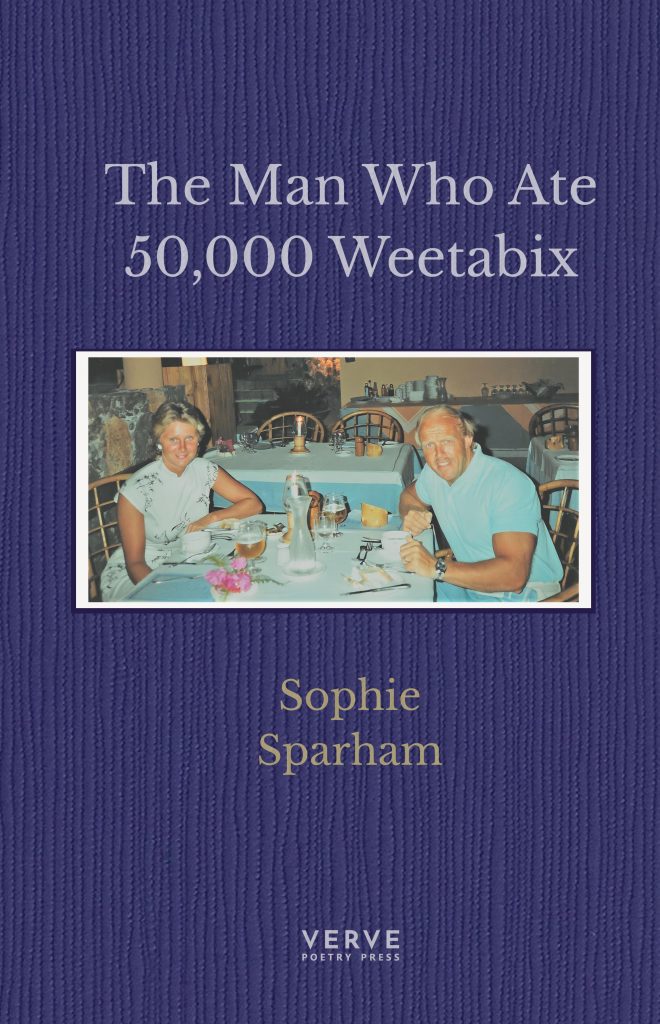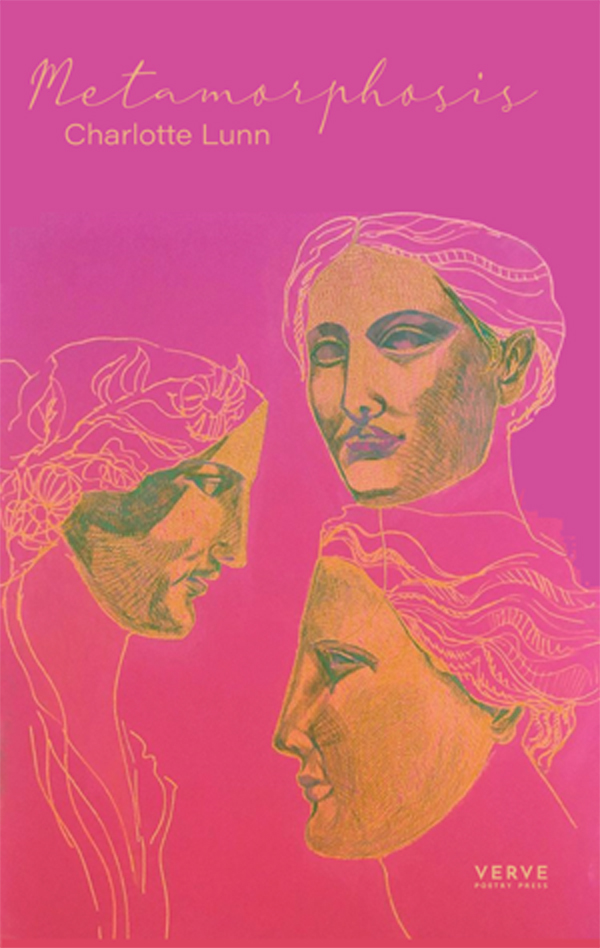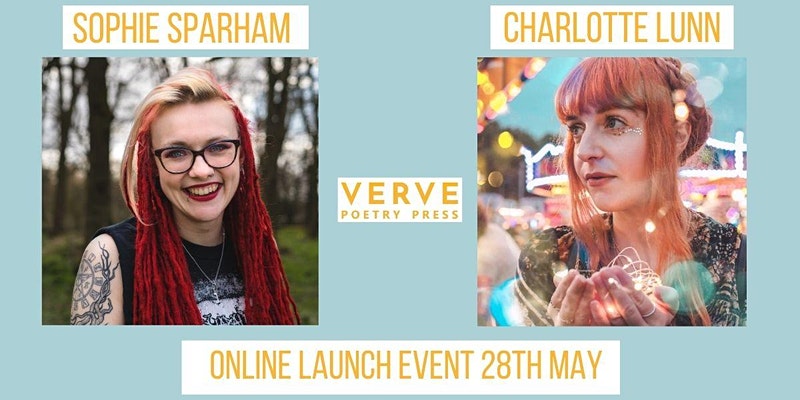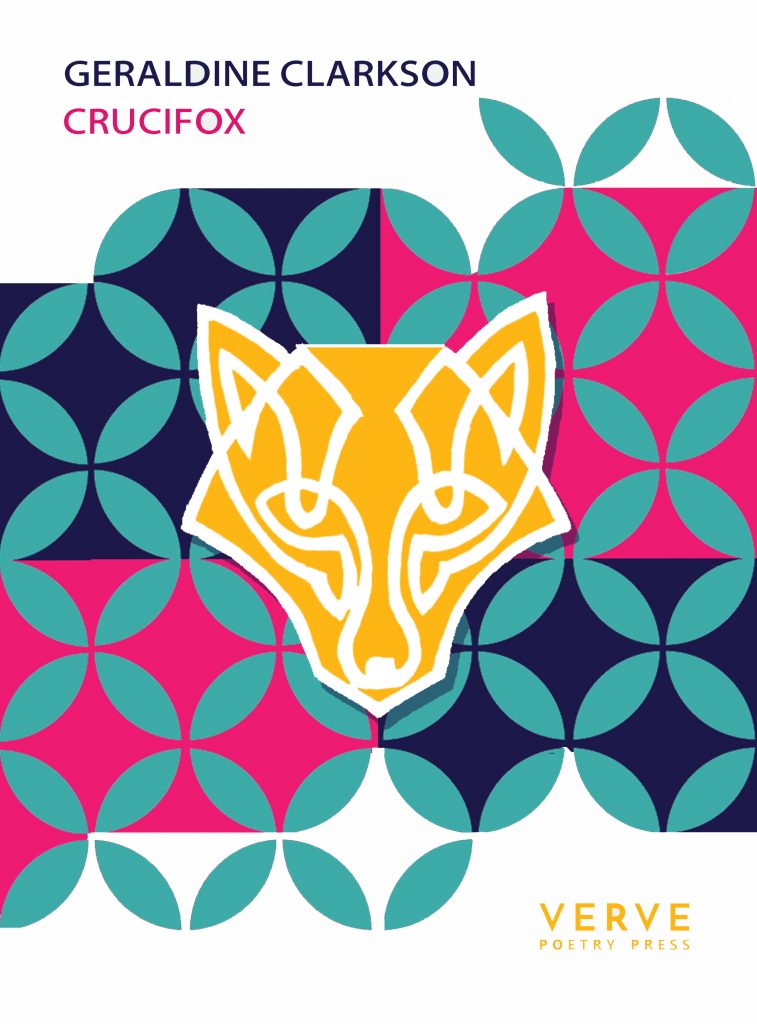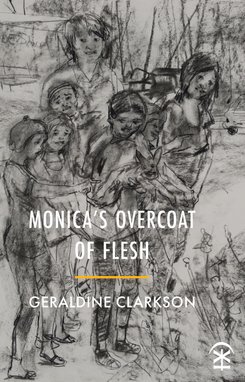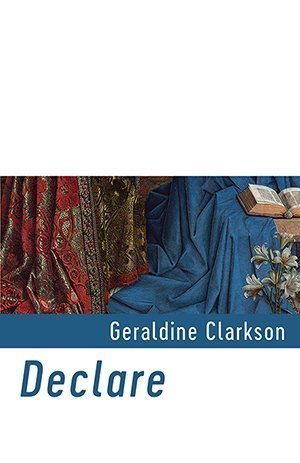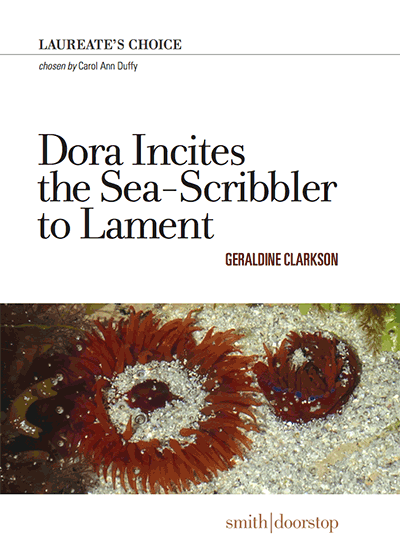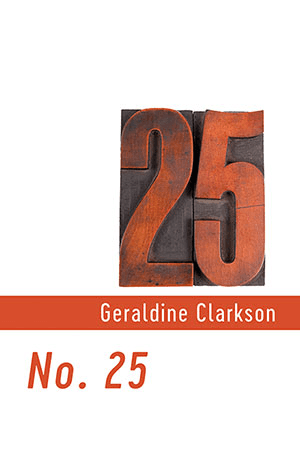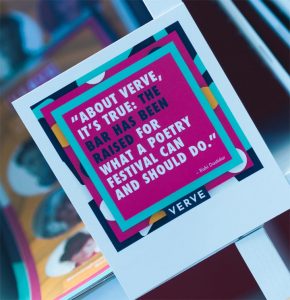Author: Kibriya Mehrban
Sam J. Grudgings

‘I found solace & sobriety in the poetry community & to repay them I wanted to write a wonderful grisly spectacle to sate their morbid curiosity & to challenge the notion that recovery has one set path or that any of them are easy’
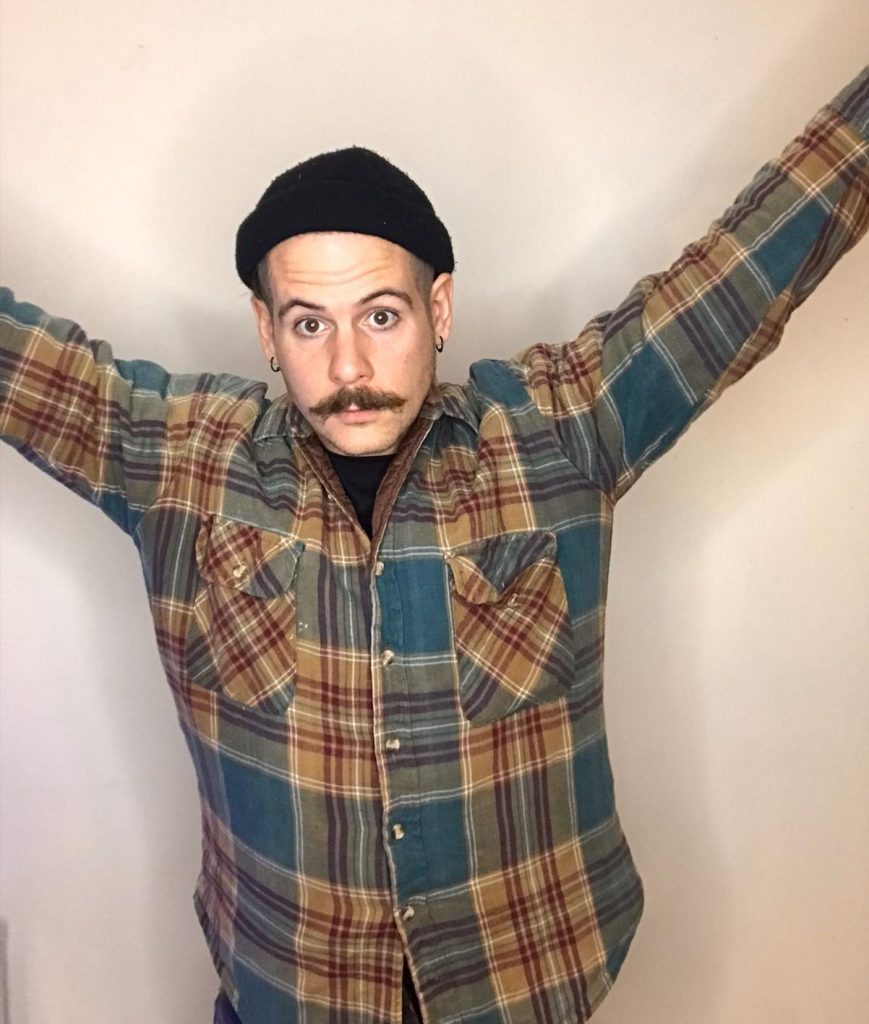
Sam J. Grudgings is a poet perpetually on the edge of collapse, shortlisted for the Outspoken Prize 2020 & longlisted in 2019. Renowned for his off-kilter, frenetic delivery & boundary pushing stage dynamic, Sam grew up in the punk scene & it shows.
Injecting gallows humour into fiercely wrought metaphors, Sam subverts the narratives of addiction, bringing a wry touch to devastating subjects whilst still allowing himself the space to be painfully candid & devastatingly vulnerable. He yells stories about recovery, mental illness, loss, fighting god & cities made of teeth because it’s cheaper than therapy & is less physically taxing than pornography .
Sam runs workshops on performance as well as campaigning for the recognition of lived experience in professional & academic circles. He endeavours to bring poetry to everyone eventually. He can be found if you know where to look.
THE BIBLE II
A defiant splatterpunk body horror on the Inneracy of theological doctrine, in the context of recovery, addiction, death & grieving. A kind of reverent aching. A glorious descent into havok & profanity.
Exploring what god is to an addict, The Bible II is a gory, surreal How-Not-To-Guide for alcoholics coming to terms with their own saviour complex in absence of traditional methods of recovery.
The world is ending but if you need something a little more holy to guide your soul wherever you think you are heading this might be it.
SAMPLE POEM
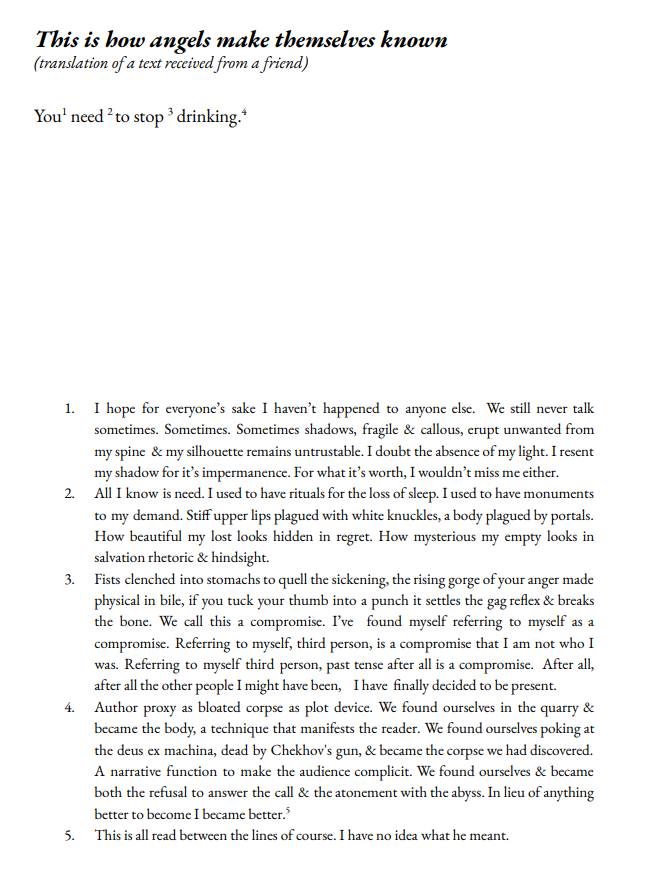
SM(ART) - BEDROOM SESSIONS
As part of sm(art) festival 21, Sam performed his poem ‘Redeemer’ (which features in The Bible II) from his bedroom in Bristol.
Flustered, inimitably poignant, and profound, Sam experimented with 1930s silent film background projection along with his signature frenetic delivery and whirlwind stage presence.
Rick Sanders
‘I am so pleased that Verve has been bold enough to publish my collection, because it feels that comic poetry is always on the fringes of the mainstream poetry establishment, yet when we experience comic poetry at it’s very best it has the power to lift us and transport us in exactly the same way as all the other poetic forms and you get a good laugh thrown in for free!’
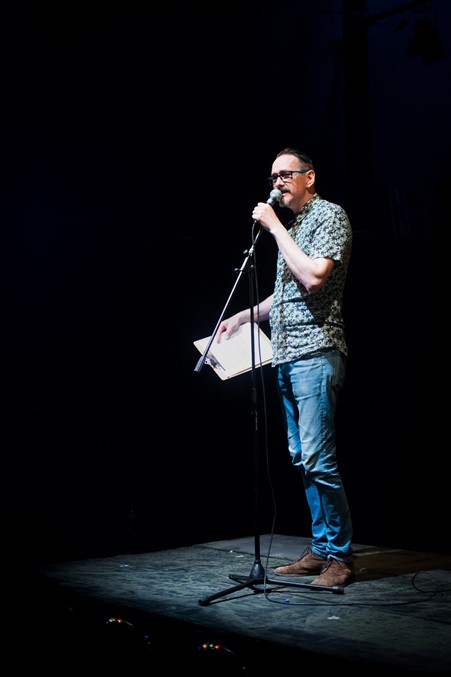
Rick Sanders, aka Willis the Poet, is an established comedy stand-up poet based in the mighty West Midlands. He is a regular headliner and featured poet on the flourishing spoken word scene across the UK, his sticky sausage-fingers in as many pies as he can.
You can find him running his mouth off at any event where there is a) an audience and b) a microphone. In between gigs he skulks in the dark recesses of abandoned buildings trying to think of funny things to write about, which is testament to the contents of this book really; a romp through the cerebral cortex of a man who writes humourous verse about pretty much anything and then inflicts it on unsuspecting poetry fans wherever he can.
THE TOP SECRET POETRY NOTEBOOK OF WILLIS THE POET
Sometimes things are top secret for a reason. Thankfully Willis the Poet assures us that these poems have not been hidden away for that reason but another one altogether.
Anyone who has seen and laughed with Willis the Poet will know that his poetry notebooks contain poems big and small, incidental and even more incidental, rough and smooth and everything in between (incl smoothly rough).
The thing they have in common is that they are all hilarious. At least the ones he reads out are. But never before has Willis the Poet permitted his audience to peep inside his most prized poetry trove. A bad idea? Perhaps, but there’s no resisting a topsecret poetry notebook!
SAMPLE POEM
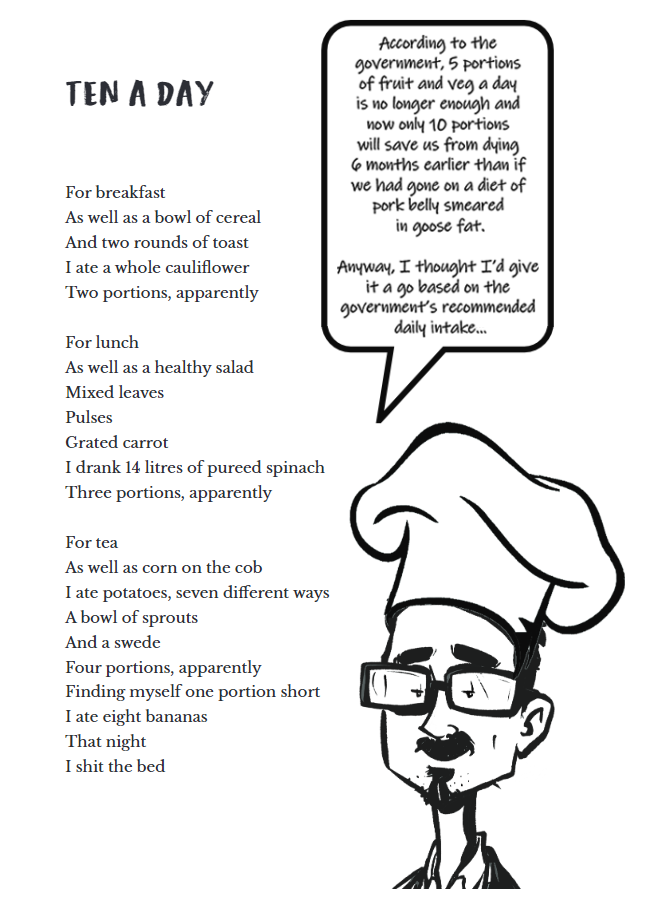
BRUM RADIO POETS
Brum Radio Poets is a radio broadcast on the last Sunday of each month at 10am, featuring poets from the Midlands and surrounding area. Hosted by Rick Sanders aka Willis the Poet, the show is an hour of chat and poetry readings with 3 other poets. Relaxed, insightful and always fun, tune in to listen to great poetry…
Guests have included many of the Verve family, such as Jasmine Gardosi, Casey Bailey and Spoz, to name but a few!
For a taste of Rick’s comedy, have a look at this performance on his YouTube channel!
Emily Rose Galvin
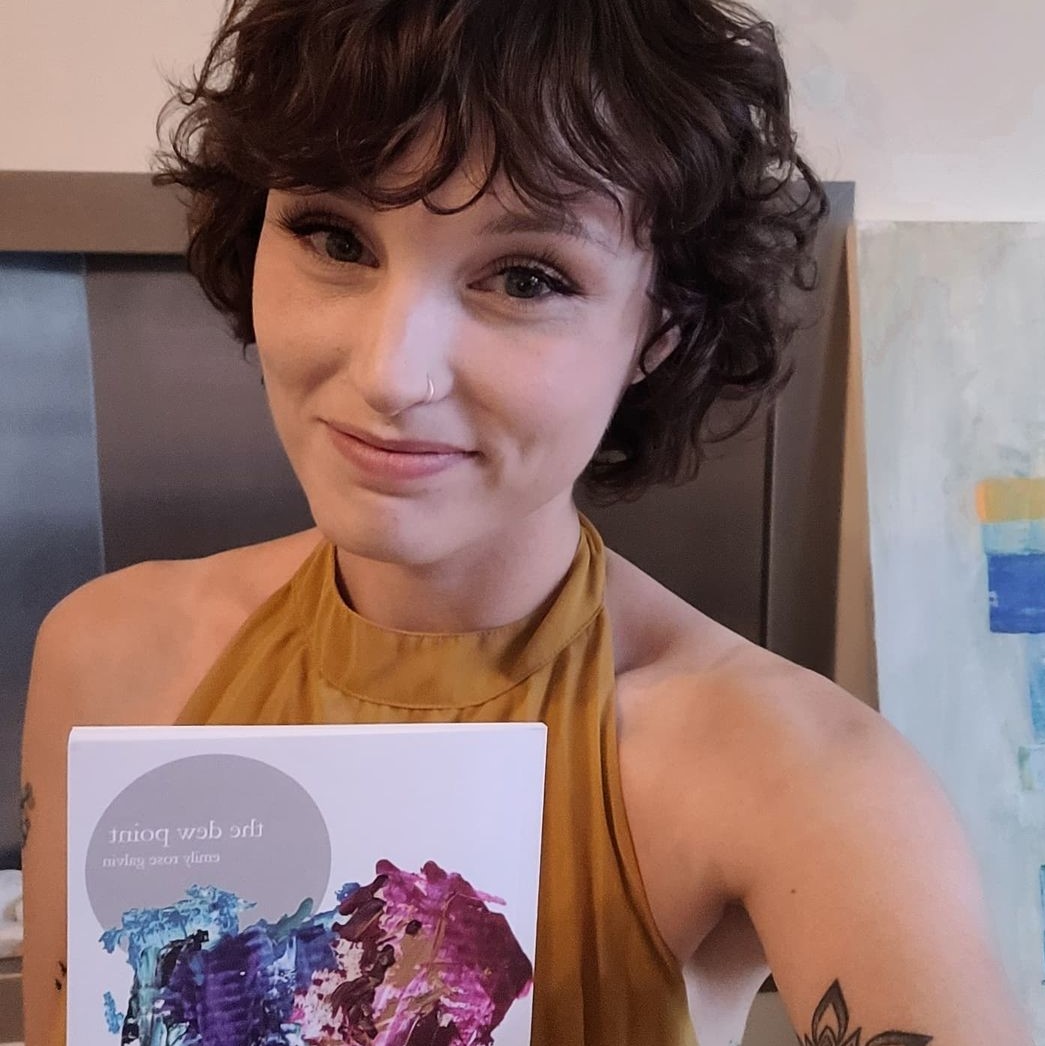
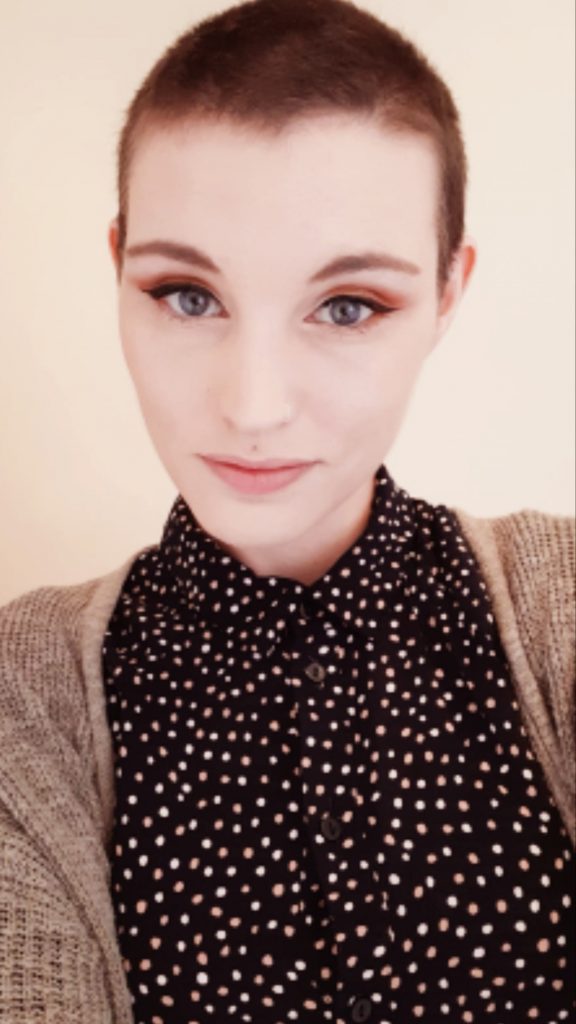
Emily Rose Galvin was the first female Staffordshire Poet Laureate (2017-2019) before becoming Poet in Residence at Lichfield Library and co-host of Spoken Word night WordCraft in Stoke-on-Trent. Performing regularly across the UK, Emily has a repertoire of poetry that tackles mental health, emotional wellbeing and the complications of human relationships, and was most recently placed in the Top 5 Shortlist for Culture Recordings’ New Voice in Poetry Prize 2020.
THE DEW POINT
Taking inspiration from the transient states of water, and the parallels of human sentiment, the debut collection from Emily Rose Galvin explores the changing states of emotion, relationships, mental health and cultural pressures. From the vapour-like intangibility of first love to the waves of depression, the dew point aims to examine that finite degree between happiness and desolation; emptiness and making ourselves whole.
At times both vulnerable and shocking, Emily’s writing strikes a nerve between the subtle and uncomfortable, while coaxing out the honest core of readers and forcing them to engage with the darker parts of modern life that we tend to gloss over.
SAMPLE POEM
The Theory of Relationships According to Pythagoras
ROSE & CLOUD
Emily’s thoughtful, heartfelt poetry combine with John MacLeod’s sympathetic guitar arrangements in this two-man musical-poetic outfit.
Throughout 2019, Emily & John have home-recorded material, released their debut EP recorded at Tremolo Recording Studio, made radio appearances, and performed in venues and at events around Staffordshire & beyond, and have had a great time doing it.
In 2020, amid the chaos of lockdown and uncertain times, they have remotely recorded a new collection of pieces in the form of an EP entitled #40, and also a Christmas recording entitled ‘The Night Before’.
Emily performs as part of her duties as Poet in Residence at Lichfield Library.
In Conversation with Rushika Wick
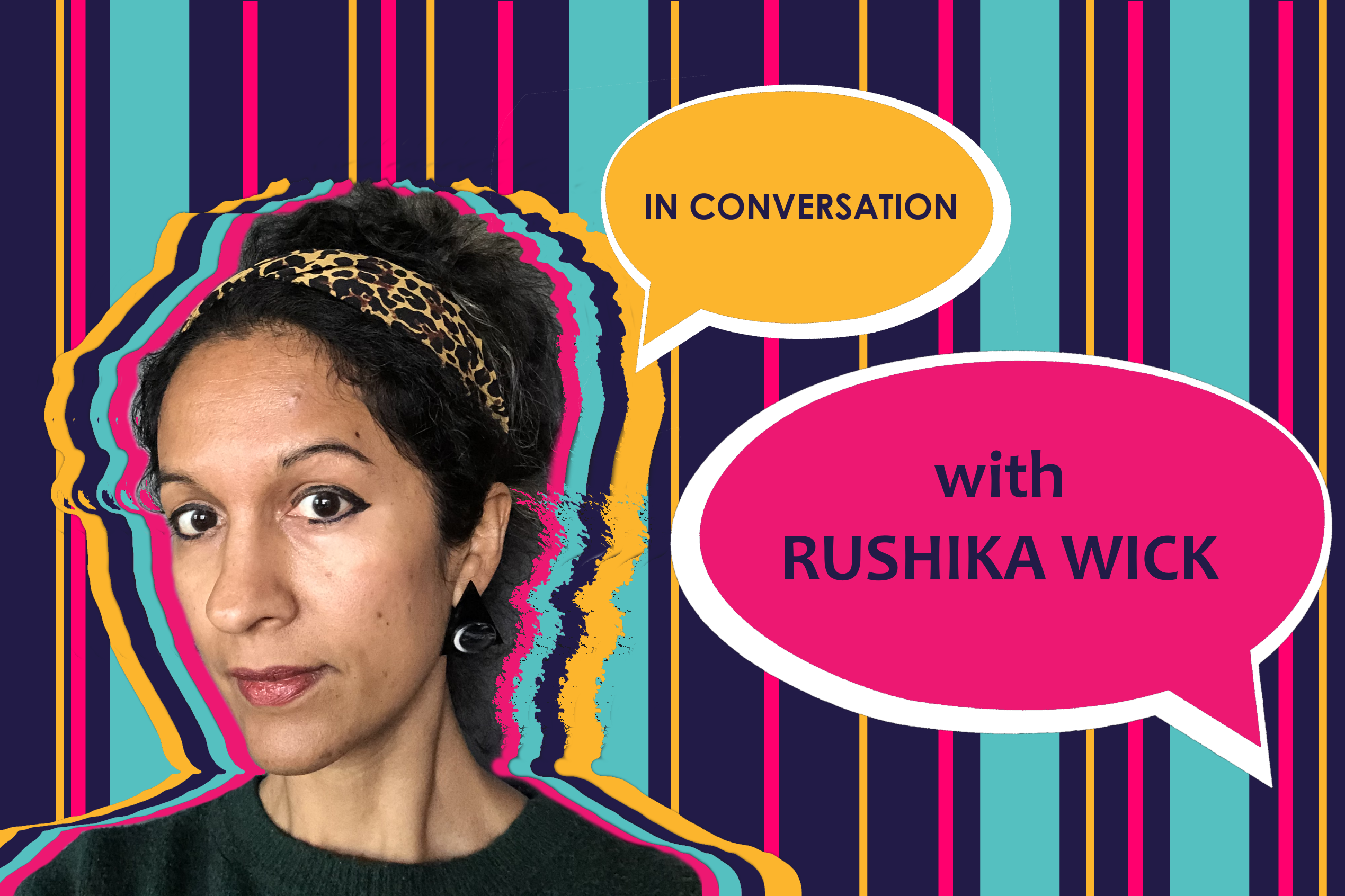
This month, we caught up with Rushika Wick. After a stellar poetry year and the release of her collection Afterlife As Trash, she reflects on the how and why of her work as well as its brilliant reception…
Hello! As always, we start with a catch-up: how are you doing? What have you been up to?
I’ve been observing the lack of differentiation between the seasons with a sense of dystopian dread and countering this by swimming in open water, reading incredible books and hugging people I love inside as many different buildings as possible (we are privileged to have plenty of vaccines available here). One of the things I’ve developed since the series of lock-downs is a deeper appreciation of nature, another is awareness of the poetics of physical space.
Swimming is turning out to be a trend in the poets we’ve talked to this year – Shazea Quraishi talks about it in her interview too.
In terms of news, I’m excited to be an editor for a forthcoming project run by sunseekers poetry and Carnaval Press exploring the broad definitions of ‘Disease’ – follow us on Instagram for the submission period! I’ve also joined the assistant editorial team at Tentacular with a forthcoming issue on Technology (also submit!) Having grown up in a family of cosmologists, nanotechnologists and biologists, this is a dream come true. Asimov remains a favourite author and I’m enthralled by how Jorie Graham writes from the future perspective in her latest collection Runaway.

It’s amazing to hear that you’ve got so many exciting things going on! Speaking of enthralling collections, could you tell us a bit about your weird and wonderful creation Afterlife As Trash?
Afterlife As Trash (I now wish was lower case to be anti-power differential) is a political work exploring ways in which people’s freedoms and lives are constrained and bewitched by systemic controls. In particular, that of late capitalism and the patriarchy. The title alludes to the idea of deferred spiritual gratification being the norm and displaced by material pursuits or distractions.
It invites consideration of the term “trash” which is meaningless as all things can be re-used, recycled in the way that all matter and energy is finite. Waste is arguably a capitalist construct and an extremely harmful one. I’m privileged to have had Fran Lock review the collection with the sharpest senses and wit in Culture Matters (online) magazine- she probably understands the work better than I do, so maybe read her review.
The book also explores our ecological stance as a species in a very between-the-cracks manner. Weeds or wild flowers of such ideas and of the need for a new relationship with nature push through. Ana Seferovic (Verve release pending!) sent me a podcast (LARB) where a performance artist witch – ‘The Oracle Of LA’ – was interviewed. She views green Wicca as being political, as it provides a radical re-engagement with our natural environment via enchantment as a process. This is profound to me.
There are so many of these wonderful and complex ideas explored in the collection – our editor Stuart Bartholomew has said he was hooked from page one! Could you tell us about the first poem of the collection, ‘Diaries Of An Artist in Hiding’?
Diaries was written on the way to work listening to the radio covering the plight of zero hours contract workers during the pandemic, thinking about the struggles some of my artist friends were experiencing. Spending their time doing things they did not enjoy so that they could put food on the table. I find my work as a paediatrician in the NHS very rewarding but at times I am saddened that I would not be supported (by society) to take time out to purely write. There is a false discourse for not valuing The Arts, denying their ethical, therapeutic and heuristic drives which is retrograde.
You won’t find any arguments from us there—we’re grateful for every opportunity we get to platform exciting, interesting and meaningful art but it’s rarely easy.
It sounds like that poem in particular was born from a combination of an idea that had been brewing for a while and an external jumpstart. Afterlife As Trash is such an eclectic collection, it would be interesting to know if your writing process reflects that.
The process is chaotic. I write without a plan, often during liminal times – falling asleep or in transit. Thankfully Bernadette Mayer endorses lucid dreaming for best writing.
Much is “found” – either from overheard snippets of conversation, thoughts on paintings or inspiration from other artists and human beings. The poems form like photographic negatives. The collection was pulled together as I realized I had written around the same questions and theme afterward.
I am influenced by everything around me, but some stylistic muses from the canon include Ann Carson, Frank O’Hara, Bukowski, Terrance Hayes and Sylvia Plath. Also Patti Smith, Rave culture and Picasso. I’m not young anymore which is great because I’ve read more and care less.
There are a whole host of characters who flash in and out of being in the pages of this collection – can you give us some insight into where they come from for you?
I’m more of a visual person and will see/ inhabit a character as I write, which I usually don’t question. They are a multitude but are mostly outsiders in some way, looking in on the world, and in that sense are a chorus. I have been accused of being an unreliable narrator which I partly attribute to a collectivist upbringing in a Sri-Lankan family where there is never just your own voice. I hope I keep a reader with me by the writing being fresh and via thematic continuity, although voice and narrator may change. Perhaps like being at a party rather than catching up with one friend.
Love that as a metaphor. And it certainly does seem like readers enjoyed the party, to say the least. Your poetry has had a brilliant year, from featuring in The Telegraph and The Poetry Review to being well reviewed from Fran Lock as you’ve mentioned and Anthony Anaxagorou who called it ‘breathtakingly impressive’. You’ve recently been highly commended in the Forwards! What has that been like?
I had no idea how it would be received. I write so that I may see. I have imposter syndrome like many of us, for me because I’m not an academic literary writer. Having said that, a big part of my writing is about the community – it doesn’t occur in a silo. Writing groups, performance and The Poetry School have been formative – I live with inspiration all around me and it means so much to have writers I admire support my work as well as readers I’ve never met.
There is of course the hope that you do your publisher justice – I’m lucky that Verve picked this up, that the editor Stu Bartholomew is passionate about variety in poetry and had faith in my work. When I look at the panel of other Verve poets I am very grateful to be amongst them. Many of them are boundary-pushing and occupy unique and active spaces.
They are a lovely bunch, aren’t they? We’re very proud to have you among them.
Rushika launched Afterlife As Trash alongside collections from three more of our amazing poets on May 6th 2021
Finally, the inevitable question: working on anything new?
Haha, I’m trying to write a semi-ecological series using only found words from one book. It’s quite hard and I may give up. I have some visual work curated by the talented S J Fowler coming out in the Seen Not Heard anthology – Kingston University Press, in October. I’m also making poem objects such as contemporary prayer-bandages for pregnant women and love letters to plants.
That sounds magnificent, we can’t wait to see what you do next! Thank you so much for talking to us and good luck with all your experiments!
For more from Rushika, check out her collection Afterlife As Trash or read more about her on her author page here!
Autumn 2021: New Releases
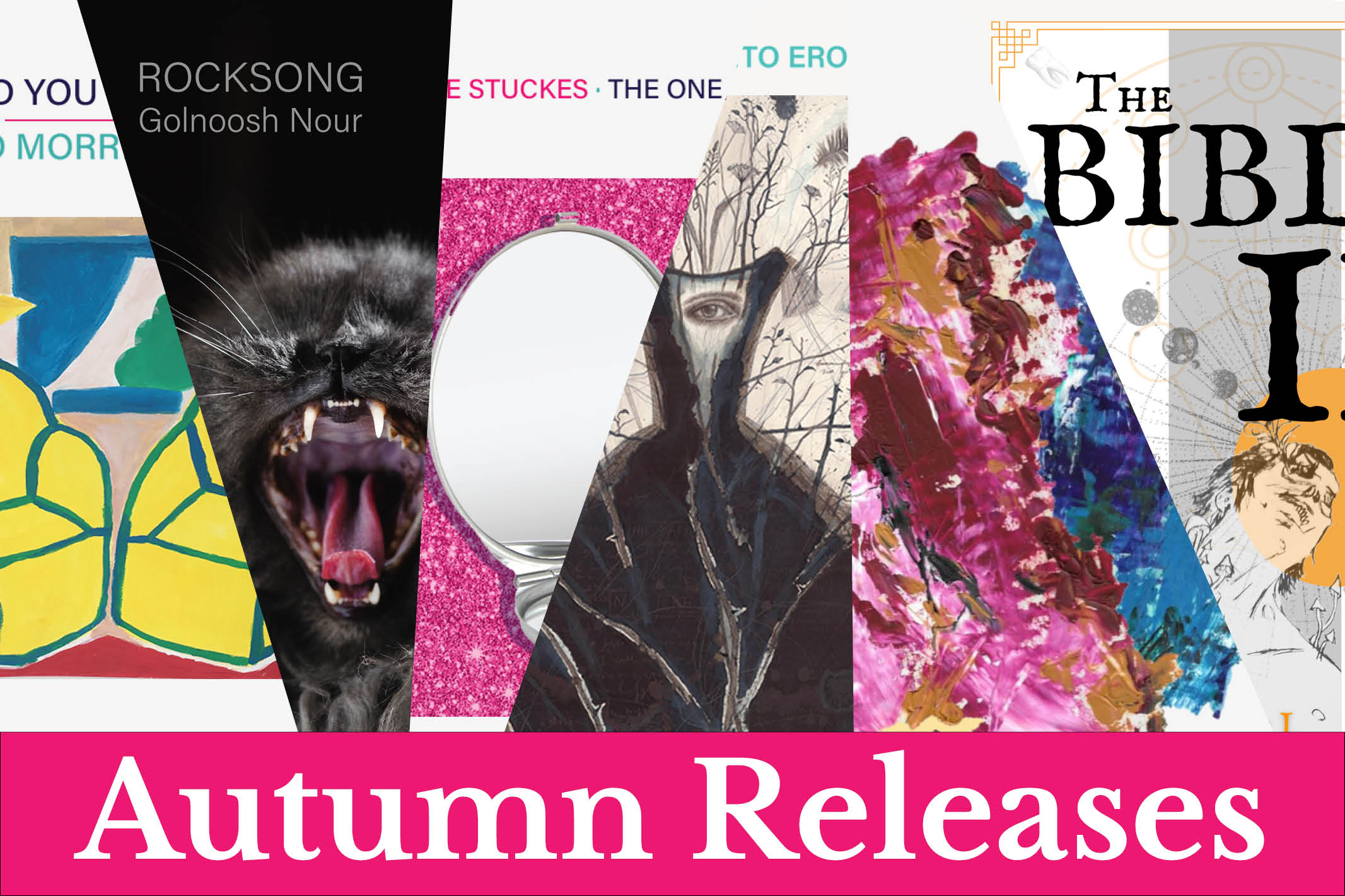
After a (slightly) quieter Summer, Verve Poetry Press are hitting the ground running with a jam-packed Autumn, full of wonderful books that we’ve just been dying to share with you. Here are the collections and pamphlets we’re putting out September-November 2021!
Emily Rose Galvin - the dew point
due sep 21
Taking inspiration from the transient states of water, and the parallels of human sentiment, the debut collection from Emily Rose Galvin explores the changing states of emotion, relationships, mental health and cultural pressures. From the vapour-like intangibility of first love to the waves of depression, the dew point aims to examine that finite degree between happiness and desolation; emptiness and making ourselves whole.
At times both vulnerable and shocking, Emily’s writing strikes a nerve between the subtle and uncomfortable, while coaxing out the honest core of readers and forcing them to engage with the darker parts of modern life that we tend to gloss over.

Emily Rose Galvin
Emily Rose was the first female Staffordshire Poet Laureate (2017-2019) before becoming Poet in Residence at Lichfield Library and co-host of Spoken Word night WordCraft in Stoke-on-Trent. Performing regularly across the UK, Emily has a repertoire of poetry that tackles mental health, emotional wellbeing and the complications of human relationships, and was most recently placed in the Top 5 Shortlist for Culture Recordings' New Voice in Poetry Prize 2020.
Phoebe Stuckes - The One Girl Gremlin
due sep 21
Her first pamphlet since her debut full collection Platinum Blonde sees Phoebe Stuckes’ trademark poems of high humour and hubris take on a dreamier, more abstract, quality. Perhaps the ‘wise-cracking party girl’ of her earlier work is sensing that, for a while at least, the party is postponed. There isn’t much worth staying up late for any more in these poems. Instead, our character lies awake in bed long into the night or wakes up into a pre-dawn world they barely recognise. And the strange new rural setting they wake to is inviting and also threatening and therefore not to be trusted.

Phoebe Stuckes
Phoebe Stuckes is a writer from West Somerset now living in London. She has been a winner of the Foyle Young Poets award four times and is a former Barbican Young Poet. Her writing has appeared in Poetry Review, The Rialto, The North and Ambit among others. Her debut pamphlet, Gin & Tonic was shortlisted for The Michael Marks Award 2017. She has been awarded an Eric Gregory Award and The Geoffrey Dearmer Prize. Her first full length collection, Platinum Blonde will be published by Bloodaxe Books in 2020.
Rick Sanders - The Top Secret Notebook of Willis The Poet
due sep 21
Anyone who has seen and laughed with Willis the Poet will know that his poetry notebooks contain poems big and small, incidental and even more incidental, rough and smooth and everything in between (incl smoothly rough). The thing they have in common is that they are all hilarious. At least the ones he reads out are. But never before has Willis the Poet permitted his audience to peep inside his most prized poetry trove. A bad idea? Perhaps, but there’s no resisting a top secret poetry notebook!

Rick Sanders
Rick Sanders, aka Willis the Poet, is an established comedy stand-up poet based in the mighty West Midlands. He is a regular headliner and featured poet on the flourishing spoken word scene across the UK, his sticky sausage-fingers in as many pies as he can. You can find him running his mouth off at any event where there is a) an audience and b) a microphone. In between gigs he skulks in the dark recesses of abandoned buildings trying to think of funny things to write about, which is testament to the contents of this book really; a romp through the cerebral cortex of a man who writes humourous verse about pretty much anything and then inflicts it on unsuspecting poetry fans wherever he can.
Zoë Brigley - Into Eros
due Oct 21
The poems in Into Eros consider the dangers for women in risking desire, and they tell a story about nature, trauma, and healing. Here, pumpkin flowers, poison sumac, and apple blossoms are as much persons as women are, and their experience are parallel but different. These poems register the value of love after violence. Not possessing or dominating but dwelling with people, with nature – this at last might lead to freedom, and joy.

Zoë Brigley
Zoë Brigley has three collections of poetry from Bloodaxe: The Secret, Conquest, and Hand & Skull, and all three are Poetry Book Society Recommendations, as well as receiving an Eric Gregory Award, being Forward Prize commended, and listed for the Dylan Thomas Prize. She also has a collection of nonfiction: Notes from a Swing State: Writing from Wales and America (Parthian). She is Assistant Professor in the English department at the Ohio State University. She runs an anti-violence advocacy podcast: Sinister Myth: How Stories We Tell Perpetuate Violence.
Golnoosh Nour - Rocksong
due Oct 21
‘ROCKSONG is a shamelessly baroque ride through the nadirs and summits of the contemporary queer. It’s a decadent book, where decadence isn’t a cipher for self-indulgence, but a fierce and fugitive resistance. As Audre Lorde writes ‘We survived and survival breeds desire for more self’. Or, in the glowing neon precincts of Rocksong, more selves, plural. These poems flirt and confront in turns, they seduce and attack, they are tender and grotesque. They create a strangely exultant burlesque on identity, sexuality, desire and language. I love them for that.’
Fran Lock

Golnoosh Nour
Dr Golnoosh Nour is the author of The Ministry of Guidance and Other Stories (Muswell Press, 2020). Her full-length poetry collection Rocksong will be published in October 2021 by Verve Poetry Press. Golnoosh’s work has also been published in Granta and Poetry Anthology amongst others, and she has performed in numerous literary events, including Stoke Newington Literature Festival, the Poetry Café, and RVT. Golnoosh is a visiting lecturer at the University of Bedfordshire. She’s currently co-editing the issue 80 of Magma and the anthology Queer Life, Queer Love forthcoming from Muswell Press.
Jo Morris Dixon - I told you everything
due Oct 21
Jo Morris Dixon’s debut pamphlet I told you everything reveals how poetry can function as a holding place for difficult experiences and emotions. Through language at once vivid and straightforward, Dixon skilfully addresses coming-of-age themes which are often left unexplored, even in therapy rooms. There is a keen attentiveness to form in these startling poems, ranging from the sonnet to the Golden Shovel. Urgent, complex and searingly honest, I told you everything is a fierce addition to poetry and queer writing in the UK.
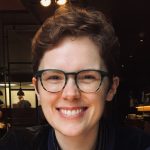
Jo Morris Dixon
Jo Morris Dixon grew up in Birmingham and now lives in London. She has worked in museums and currently works for a mental health charity. Her poetry has been published in Oxford Poetry and The Poetry Review. She was longlisted for the 2015 Plough Poetry Prize and the 2020 National Poetry Competition. I told you everything is her debut pamphlet.
Sam J. Grudgings - The Bible II
due nov 21
A defiant splatterpunk body horror on the Inneracy of theological doctrine, in the context of recovery, addiction, death & grieving. A kind of reverent aching. A glorious descent into havok & profanity.
Exploring what god is to an addict, The Bible II is a gory, surreal How-Not-To-Guide for alcoholics coming to terms with their own saviour complex in absence of traditional methods of recovery.
The world is ending but if you need something a little more holy to guide your soul wherever you think you are heading this might be it.

Sam J. Grudgings
Sam is a poet perpetually on the edge of collapse, shortlisted for the Outspoken Prize 2020 & longlisted in 2019. Renowned for his off-kilter, frenetic delivery & boundary pushing stage dynamic, Sam grew up in the punk scene & it shows. He yells stories about recovery, mental illness, loss, fighting god & cities made of teeth because it’s cheaper than therapy & is less physically taxing than pornography Sam runs workshops on performance as well as campaigning for the recognition of lived experience in professional & academic circles. He endeavours to bring poetry to everyone eventually. He can be found if you know where to look.
See something you like?
Preorder below for free postage and packaging!
-
Kathleen Ossip - Little Poems [2022]
£7.50 -
Georgina Wilding - Hag Stone [2022]
£9.99 -
Sarah James - Blood Sugar, Sex, Magic [2022]
£10.99 -
Kayleigh Campbell - Matryoshka [2022]
£9.99 -
Kathy Pimlott - the small manoeuvres [2022]
£9.99 -
Qudsia Akhtar - Khamoshi [2022]
£9.99 -
Erica Gillingham - The Human Body Is A Hive [2022]
£7.50 -
Betty Doyle - Girl Parts [2022]
£7.50
In Conversation with Natalie Whittaker
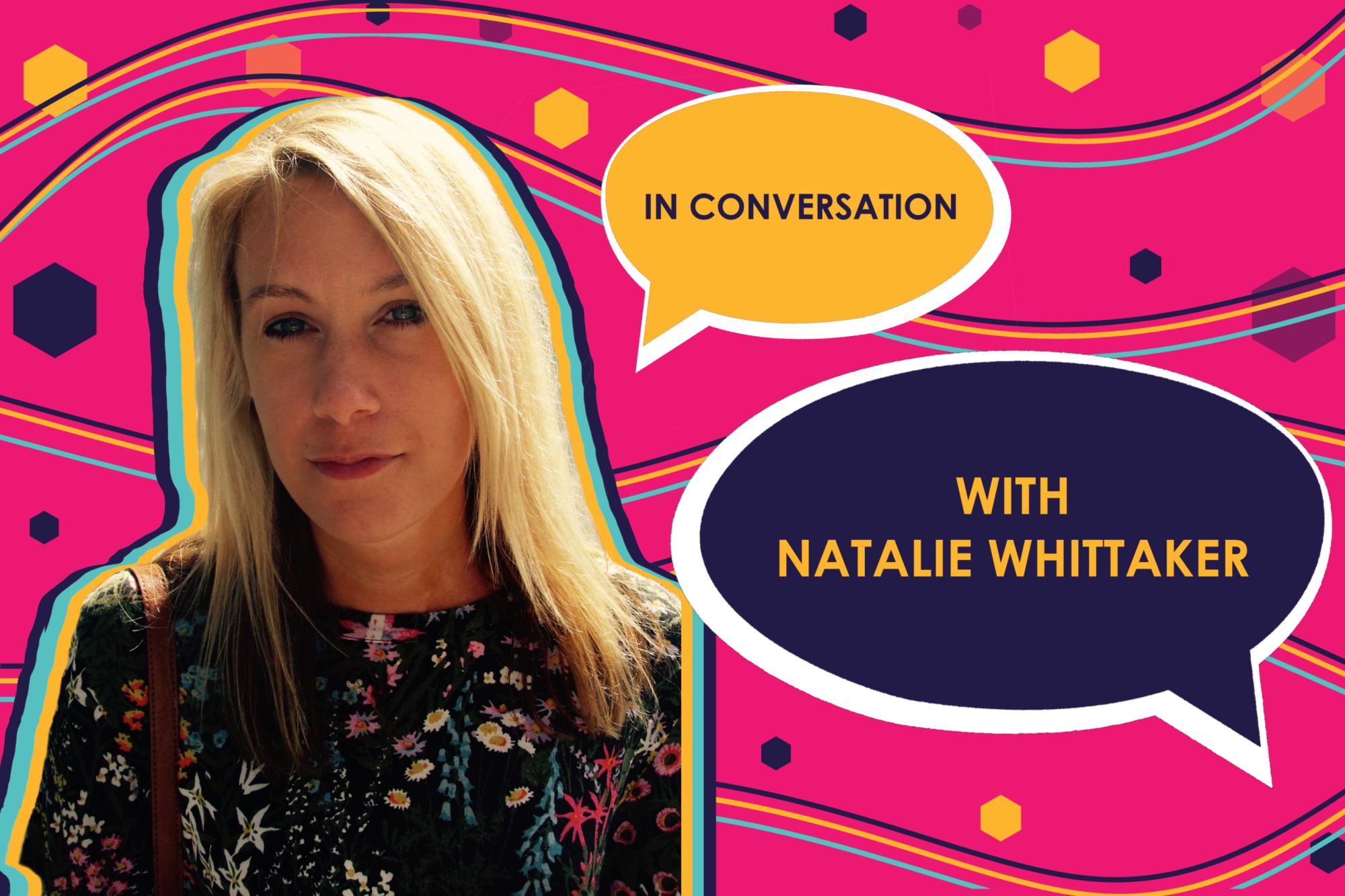
Just half a year after we published her pamphlet Tree, Natalie Whittaker’s life looks very different. We sat down to talk to her about the stuggles of writing about stillbirth, how her heartbreaking pamphlet came to be and what it means to her now….
Hello! How are you doing? What have you been up to since we last heard from you?
I’m very well, thank you. Things have changed a lot since you last heard from me – a week after the launch of ‘Tree’, I gave birth to my beautiful daughter Ivy, so she’s been taking up all of my time! It was a strange feeling to be launching ‘Tree’ while eight months pregnant, as the pamphlet is all about the loss of my first daughter. The online launch actually made it a lot easier; the audience could only see my head and shoulders on screen, so it wasn’t obvious!
Natalie launched Tree alongside pamphlets from three more of our amazing poets on March 31st 2021
I’m sure everyone would have been focussed on the reading regardless — could you tell us a little more about your beautiful (and heart-breaking) pamphlet?
‘Tree’ is full of poems that I wish I’d never been able to write. On the 4th October 2019, when I was five months pregnant, an ultrasound scan showed that my unborn baby had died in utero. Two days later I returned to the hospital and gave birth to my firstborn, stillborn daughter. The pamphlet is written out of the profound emotional and physical trauma of that experience, and the months that followed.
There was the funeral, the post-mortem, a diagnosis of PTSD, as well as the usual impact of childbirth on a woman’s body, but without a baby to look after. Just describing that again now, it sounds like a nightmare, rather than my own life. Baby loss is still a taboo subject (sitting as it does in the centre of a Venn diagram of taboo subjects: death, and female bodily experience) and it felt important that I should write about it.
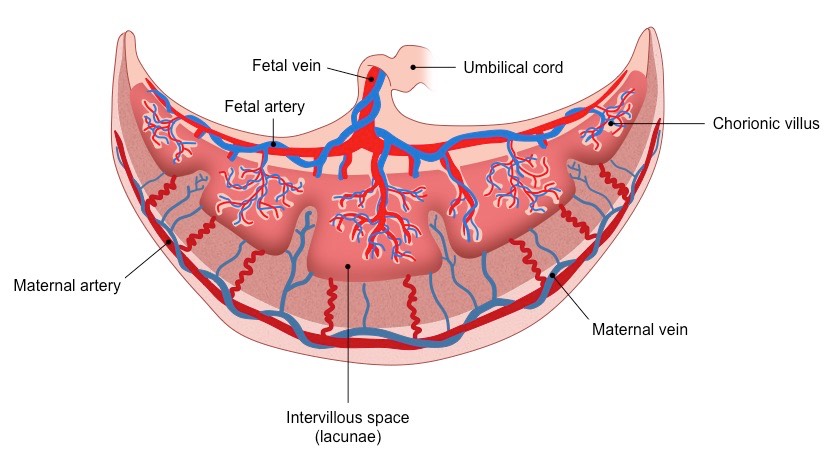
And we’re very glad you managed to. Is it safe to presume that writing this pamphlet was a different experience to your previous work?
I was halfway through an MA in Writing when I suffered the loss, so it inevitably became the topic of my final portfolio – it was impossible to write about anything else. That final portfolio eventually became ‘Tree’.
The poems came very quickly, in intense bursts of writing; one weekend in November 2019, and another weekend in December 2019 – so very, very soon after the loss. They came out pretty much fully-formed, with minimal need for editing, which isn’t my usual process at all.
Earlier that year I’d been experimenting with using extended spaces in place of punctuation, so that form came quite naturally by the time I was writing ‘Tree’.
It definitely reads as a work born out of the moment you were in. Has its significance to you changed this many months on?

As the title suggests, there is a lot of nature imagery in this pamphlet, particularly nature as a marker of time. Could you tell us a bit more about where that comes from for you?
‘Nature as a marker of time’ is a great summary of the recurring imagery in the pamphlet. A few of the poems repeat ‘June’ and ‘November’, as well as describing the changing state of trees, as there was a cruel sense of pathetic fallacy to my situation – I fell pregnant in Spring, and by the arrival of Autumn, and the turning of the clocks, my baby was gone. October and November were marked for me by a refusal to acknowledge or accept the passage of time, and a longing to turn back the clocks to when I was first pregnant, and start again.
The tree is of course a significant symbol as a measurement of the seasons, time, growth and grief. There are also the metaphorical associations with family trees, and the visual similarities with both uterine spiral arteries, and placental blood vessels.
Despite the references to time and the seasons, the pamphlet’s ordering is non-chronological, as my experience of grief was not linear. My memories of the period closely following the birth are a series of confused flashbacks, and I experienced what Denise Riley calls ‘time lived, without its flow’; a non-time that I could not process.
Finally, are you working on anything right now? When Ivy lets you, of course.
I’ve published two pamphlets now (my first, ‘Shadow Dogs’ was published by ignitionpress in 2018), as well as poems in magazines and unpublished bits – so I suppose I’m looking to publish a first collection next. I just need to be more organised about sending out a manuscript. If any publishers want to get in contact and save me the hassle, that’d be great!
Seriously though, I’d like to plug the charities Tommy’s and Sands, as well as the work of Rebecca Goss, Denise Riley, and Karen McCarthy-Woolf, who were influential when finding a voice for these poems.
They’re some of our favourites too! Thank you so much for talking to us and all the best for that first collection—we’ll be keeping an eye out
In Conversation with Marina Sánchez
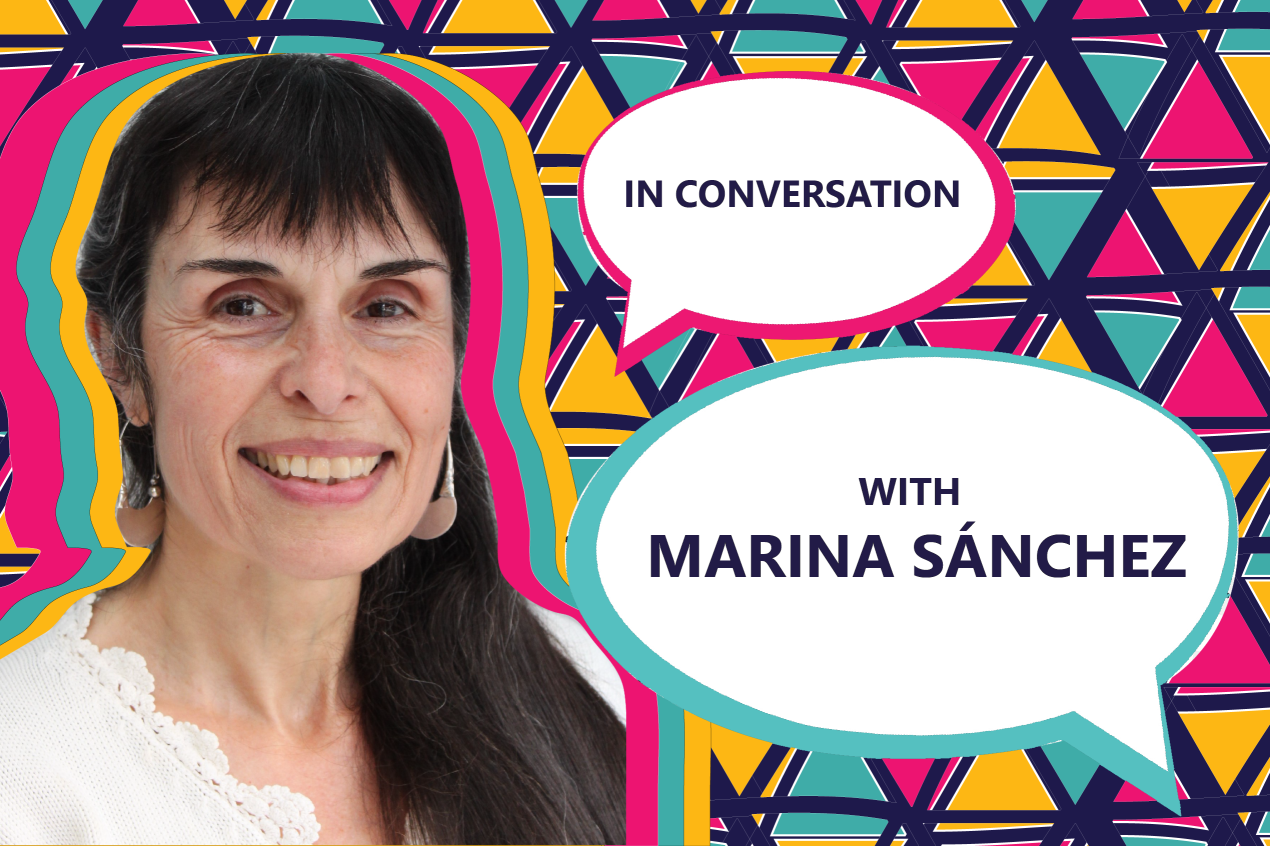
Three months on from the publication of her gorgeous pamphlet Mexica Mix, we tracked down the elusive Marina Sánchez to talk to us about her work, the culture and stories behind it and all the reading that goes into putting together a pamphlet like hers. Spoiler: it’s a lot…
Hello! How are you doing? What have you been up to since we last heard from you?
Mexica Mix and its launch are like a harvest, the culmination of years of rewriting, selecting and sending off poems in the hope of finding them a good home. (And the inevitable rejections from the wrong homes). There’s a fullness also in that my work is reaching a greater audience and that is very rewarding. I have already had two lovely reviews from two poets who attended the launch, Maggie Mackay in Sphinx and another by Brian Docherty in London Grip.
But creatively I am no longer in the space that birthed the poems in Mexica Mix and paradox being a constant in poetry, it is also a time of great emptiness in that I can go for stretches without the impulse of an idea, an image or a feeling. But I remain receptive and, in the meantime, I nourish my imagination reading voraciously.
We always love to hear that! What’s on your list at the moment?
I am re-reading Jane Hirschfield’s How Great Poems Transform the World, a joy, as she is so generous with her knowledge about craft, art and being human. It is a follow up to Nine Gates, both of which are essential reading. I love travelling with the much-missed Evan Boland’s The Historians, a powerful volume of craft and heart. I also keep going back to Mimi Khalvati’s superb sonnets in Afterwardness as they do my heart good. More recent works are Cheryl Moskowitz’s mysterious and haunting Maternal Impression and Maggie Butt’s new collection everlove.
As a Mexica indigenous person, I also find great strength and beauty in Layli Long Soldier’s Whereas and Natalie Diaz’s Postcolonial Love Poem. Just as this is looking like I only read women, I have also enjoyed Inua Ellam’s The Actual for its audacious forms and its vivid experiences of authentic masculinity. W. S Merwin is one of my favourite teachers and I recently discovered Unchopping a Tree. I also recently came across Alicia Suskin Ostriker and I am really enjoying The Volcano. I am reading Kei Miller’s essays, Things I have Withheld as I love his poetry and voice. I can’t wait to dive in Jen Hadfield’s Stone Age, because when I saw her read some years ago, her voice and poems really stayed with me.
Apart from that, if life allows, editing and sending out poems continues ‘religiously’, as Rebecca Goss advised me to do years ago.
Sound advice, as always. Shall we talk a little bit about your pamphlet Mexica Mix? What did it mean to you?
Mexica Mix has been such a long, rich and freeing process, in terms of the research as well as consciously and fully honouring and understanding my identity. As a Mexica woman reclaiming her ancestors, it felt in some ways both an individual and a collective journey.
Though there are still many questions about one side of my family, I needed to own my indigenous heritage in a way that was not possible earlier as there was a lot of shame and secrecy. I have also enjoyed consciously subverting old stereotypes and tropes I grew up with. Along the way, I have also benefitted from some wonderful teachers, some alive, some not, like Francisco X Alarcón and Gloria Anzaldúa.
You’ve mentioned process – could you tell us a little more about how you go about writing your work?
I agree with ‘writing as an act of self-preservation’ as the imagination can provide solace for living in uncertainty, chaos, bewilderment and the unknowable. But it has felt a lot harder since March 2020 because the prevailing fear, anxiety and information can be overwhelming. But writing is also an act of affirming our human experience. I try to write daily though it is not always possible. I’m not like Lorca in that I do not hunt for poems. Instead, I prefer to wait.
I carry a note book with me to jot ideas and images and I have another one by my bed for ideas or lines that don’t let me sleep until I write them down. I find the energy of something coming through very exciting and visceral and I tend to consciously focus on it until I can’t hold it anymore and there’s an outpouring in my bigger writing notebook. I usually edit poems for months or years unless there’s a rare grace event when something comes almost finished.
What are the languages in Mexica Mix and why was it important to you to make this a multi-lingual pamphlet?
I have a great sense of loss that I do not speak Nahuatl and I am also interested in the history, power dynamics, wisdom and traditions of the different languages I was born into and have learnt to live in and how they interact with each other. So, it was essential for me to explore them in Mexica Mix. While there has been a growing and welcome awareness, recognition and acceptance of different identities, voices and experiences from different communities, there’s still more to be achieved.
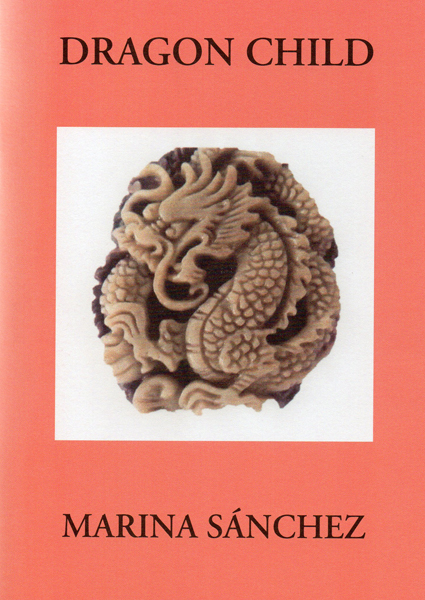
We know you work as a translator as well as a poet – what are the similarities and differences in translating a poem vs composing one?
As a bilingual person, I have enjoyed translating into English or into Spanish since my teens. When my own poems are not coming through, it is a great training in how to convey and refine what an author has written as well as a thrilling challenge to express the feeling tone of a piece. I recently translated the Mexican poet Rosario Castellanos whose work I admire but I discovered afterwards that it is difficult to obtain copyright, so I have had to shelve them for a few years.
Ah, a shame! We wait patiently for when they can see the light of day. Is there any work you’re doing which you can share with us now?
I am thrilled to have not one but two poems accepted recently in the forthcoming anthology Where We Find Ourselves by Arachne Press. I am also sending out a pamphlet that I finished during the first lockdown about my mother’s passing seven years ago. It is a rich and surprising sequence with a Tibetan Buddhist and Nahuatl flavour. I am also still editing a long poem about La Llorona, the final female symbol of the trilogy of Our Lady of Guadalupe and Malintzin Tenépal (Malinalli).
With every pamphlet there’s the question of a first collection-
Yes? 👀
-but it’s such huge task and then the creativity seduces me and I don’t stay with it. Publishers reading the above, please get in touch.
ah, fair enough…
Finally, I’d love to read at or attend a live poetry reading and hug all the writing friends I’ve missed since spring 2020, can’t wait!
Amen! We hope to see you at an in-person event soon! All the best with your current projects and a huge thank you for taking the time to talk with us!
For more from Marina, check out her pamphlet Mexica Mix or read more about her on her author page here!
In Conversation with Charlotte Lunn and Sophie Sparham
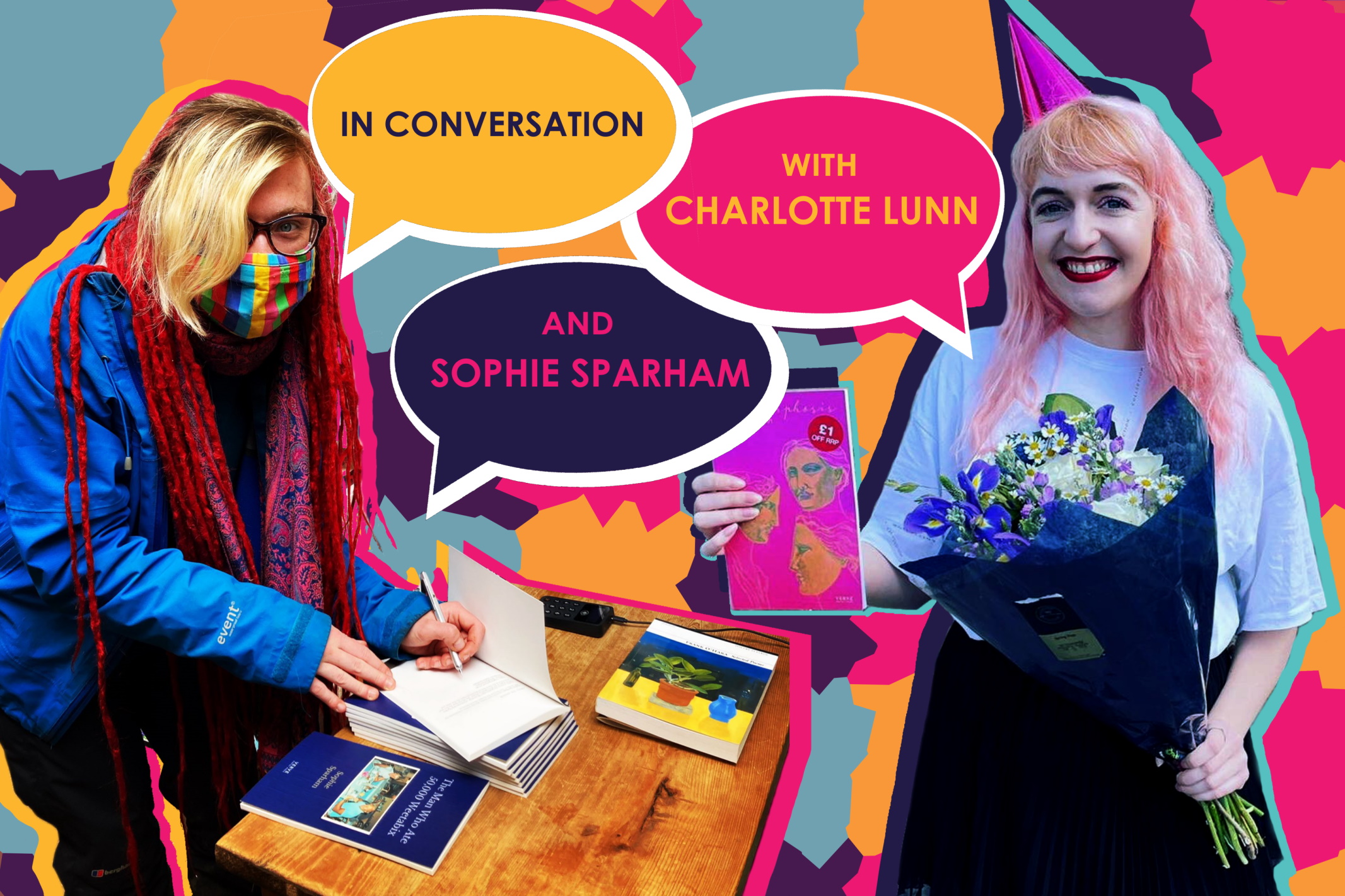
In an exciting turn of events, we’ve managed to pin down not one but TWO of our amazing Verve Poetry Press poets, Charlotte Lunn and Sophie Sparham to chat to us about their newly published collections Metamorphosis and The Man Who Ate 50,000 Weetabix. Read below for their thoughts on pandemic publishing, getting personal and why they might be spontaneously breaking into dance somwhere near you…
First things first: congratulations to you both on the publication of your collections! How are you feeling?
C: It’s crazy. Bizarre. I’m still processing the fact that there’s an actual physical book that I created out in the world. I can’t get my head around it. How are you feeling, Soph?
S: Yeah, it’s alright innit? I’m pretty level-headed about these things but it’s wicked. Part of me is already saying okay, that’s done now.
You’ve already compartmentalised it?!
C: You’re just completely chill and I’m like an excited fangirl.
Is this because yours is a debut while Sophie’s is a second collection?
S: Oh, I feel like this is my first coherent collection, my first collection that makes sense. I was very young when I published my actual first collection. I was very angry… I feel like this collection is a lot more mature and just a lot more well thought-through compared to baby Sophie’s debut.
C: Aw, I loved your first one though! I thought it was ace!
S: It’s got its place, it’s got its place! But I’m a lot happier with this collection. Maybe it’s a time thing. It’s been a long while since that first book was published. Maybe in another year I’ll look at this on and think oh god! too
How long has it already been for this one? When did the two of you write the poems that went into these collections?
C: I’ve probably been writing these poems for a few years now. Some of them were even written back when I was at Uni from 2011 to 2014 so it’s been a long time coming for me.
S: All my poems for this have been written in the last two years. There are some very recent. The title poem, I think was written two weeks before it was due. I knew I wanted to write that poem and I wrote and deleted and rewrote it so many times because I couldn’t quite say what I wanted to say. It was actually the last poem I wrote of the collection, I think.
C: That’s so interesting you should say that! I really struggled with my title poem as well; it went through so many revisions, and even now I still don’t know if it’s where I want it to be, but I’ve just had to let it go.
S: I think you get to a point where you have to think: I could edit this forever. You either have it as is or remove it—but I guess that’s hard to do with a title poem…
What has it felt like publishing a book without all the accompanying live launch and gigs?
S: I think Lottie’s publication date was very different to mine. She actually made a thing about it whereas I just painted my ceiling.
C: I loved that, it was just so Sophie.
S: It was the ceiling in my library so I feel like it was sort of relevant.
Oh, absolutely. Whereas Charlotte, I think I spotted you in a party hat on Twitter…?
C: Oh, that was such a nice day, because I thought I was just going to casually sign books with people at work, but it turned out my Scarthin family had put together this little surprise celebration for me. They got fizz and cake and flowers and I was like, don’t make me cry! It was nice to do something normal-ish after a very long time of having none of that.
S: It is really odd releasing a book at this time because normally, you think I’m going to release it on that date, yep, then I’ll read at that night, and a feature at that one but this time… the book comes out and you think okay, what do I do? I keep forgetting that it’s real!
C: I know, I know! I’m the same!
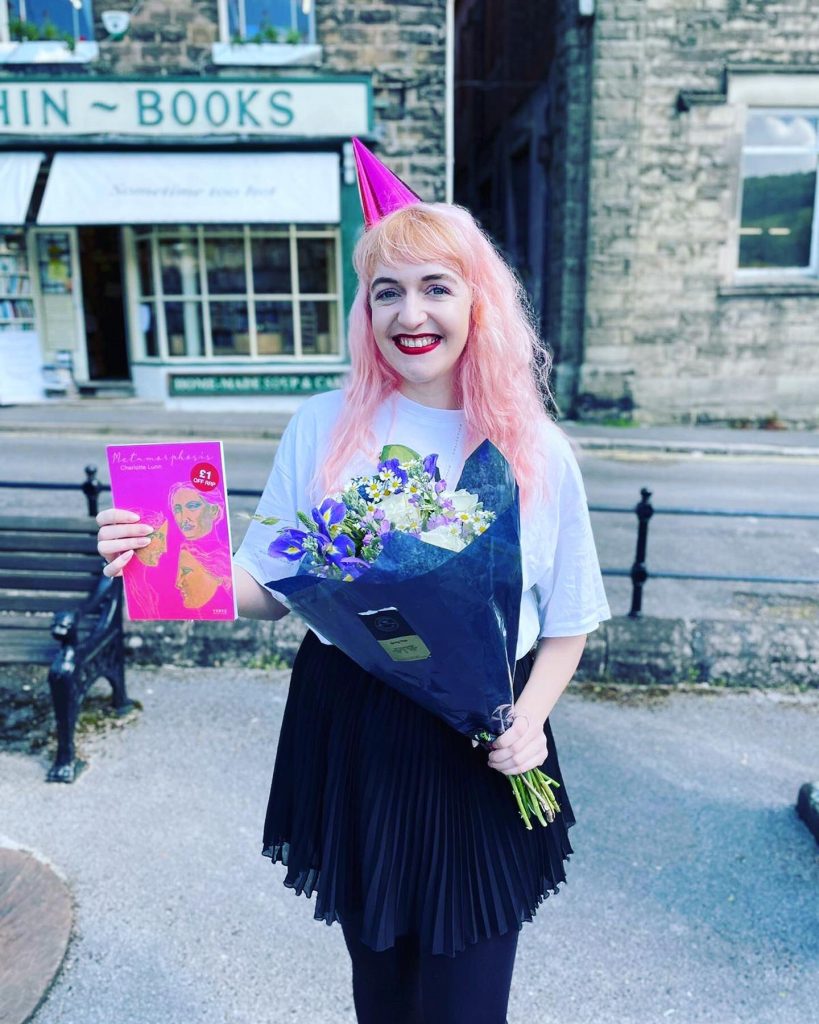
Speaking of gigs: you’re both brilliant performers, and there is so much of that which comes across when you read the collections. Do you write differently for the page vs performance?
S: I personally think – and people might disagree with me – that a poem should work as well in performance as it does on the page. I mean, they are different mediums. When you’re writing for the page you know the person will have more time with the text plus all the added tools of shape and form which can add so much meaning but… I also just love watching people read and perform their poetry. There’s something so special about it.
C: Stuart actually brought this up in our last meeting; he asked me, do you consider yourself a page poet or a performance poet?
When I was back at uni I would have said hands down I was a page poet, and my lecturers were always telling me that my poetry was too obscure and I needed to consider my audience… it was only when I started performing my work in 2018 that it opened me up to a new way of seeing and writing my work. It sort of unconsciously influenced my work, and I think my rhythm got better from that point on and my work became more accessible. I’d probably say both are really important, and now when I write work I don’t set the aim to write a page poem or a performance poem it just flows as it is with a bit of both.
Helen Mort, in her forward for Sophie’s collection, writes that her poems ‘speak in their own accent’. I feel like that’s true for both of you.
C: Whenever I read Sophie’s poetry, I always read it in Sophie’s voice. I love it.
S: The book is very Derbyshire and that’s exactly what I wanted. The voices of the people I was writing, I wanted them to be Derbyshire. I actually went to go meet the guy who wrote the Derbyshire Dictionary, very early on in the writing process. We’d talked over email but I think he got a shock when he opened his door to see me. Probably thought who is this ragtag woman? Once we got chatting he was dead nice but I do remember him saying are you a poet? I’ve not heard of you.
C: Cheers, mate. 😂
S: Nothing like it to keep your ego in check.
There are a lot of things about your books that feel like they have some synergy – have you read each other’s collections yet?
C: Not yet!
S: We’re swapping books tomorrow! But we know each other’s work and I’d agree. I’ve seen Charlotte perform many times (every time wonderful, Charlotte) and I can say there’s definitely some crossover. We both discuss mental health issues and we both come under the beautiful LGBT+ spectrum. We’re both very people-focussed.
I read them back to back and spotted that there’s a poem in Metamorphosis called Upbringing and a poem in 50,000 Weetabix called Down Bringing, so there’s defnitely something going on there.
S: That’s so weird!
C: Really weird! That’s magic. Poetry magic.
One thought I had while reading was that the masks in Metamorphosis and the characters in 50,000 Weetabix worked in a similar way. Would you agree?
C: I had to have a long hard think about this one. My collection is so much about my own personal journey with mental health and abuse. I think when I was younger, I did have to almost wear a mask and supress a lot of who I was in order to survive but I think as the poetry collection progresses, the mask starts to lift. The true selves and the anger comes out and the voice gets stronger.
S: For me, a lot of what I wanted to look at was what’s expected of us as people in small towns and villages, what we’re meant to do and how we’re meant to live versus what our actual dreams and desires are. I wanted to talk about the expectations of masculinity – the expectations of anything – and that’s where the mask thing comes into it for me. People have their societal self and their true self and they show different aspects of themselves in different relationships; that’s something that really interests me.
Helen wrote in her forward for you that you ‘let people and places be themselves instead of using them in the service of art’.
S: Well, there are a lot of people I write about in the collection that I know. They’re people I’ve seen and interacted with. You want to write about people compassionately and with empathy. You don’t want to turn them into characitures. I really don’t want to say this person is good, this person is bad I just want to show what I’ve seen without putting prejudgments on anyone.
You’ve already touched on this a little, Charlotte, but can you tell us a little more about how you navigate the boundaries of personal and public when you put so much of yourself and your experiences into your work?
C: That’s a good question. My work has always been personal, just because I found it so cathartic to write about my own experiences. In terms of the boundary between he public and the private, I don’t think I share anything I don’t want to but at the same time I do try to push that boundary. I talk about things like abuse and mental health and I am really keen to break the stigma around those subjects, and I know the only way I can do that is by talking about my own experiences.
S: My response to that question is: some of it’s my truth, some it’s other people’s truth and you’ll never know which one’s which.
Do you ever have people get overfamiliar with you because they feel they know you through your work?
S: You get people crying and hugging you – my first collection especially connected with a lot of people – but that’s all part of the territory 😅
C: It’s your duty as a poet to give out those free hugs! If you devastate them, you have to make up for it. I’d say, I’ve definitely connected with a lot of people because of my work. I wouldn’t say anybody’s ever gotten too overly familiar but then I’m probably the one being weird and overly friendly, anyway.
That feels like a normal side effect of the atmosphere at poetry nights: Strangers one minute and sobbing in each other’s arms the next.
C: Absolutely.
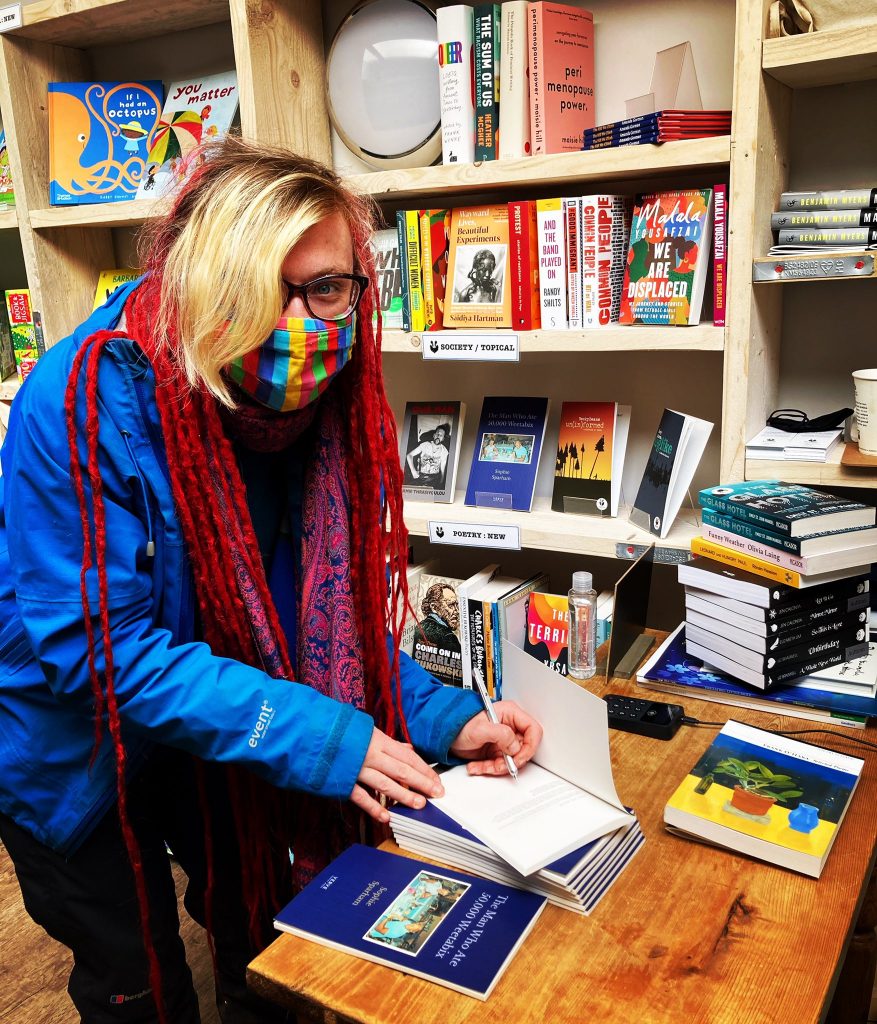
That brings us pretty nicely to our next question. Both of you thank your poetry community in the acknowledgments of your collections. Can you say a bit more about the role they’ve had in your work and your life?
S: I mean, poetry community is everything, you know? I don’t think I’d have got to half the places I have without it. It makes such a difference to have someone to share work with, and just to have friends who read poems is amazing. To be able to go to different nights and know that even if you turn up alone, you’ll always find someone to wlecome you in and talk to you… it’s a really beautiful thing. Writing is a very solitary task, so I think it makes a real difference to have a community around you.
C: Absolutely. I totally agree with Sophie. I wouldn’t be where I am today without the poetry community. That’s really where everything started for me, after uni. I was attending poetry nights for ages before I actually gained the courage to perform but I always got the vibe that everyone was really friendly and really supportive and eventually that made me feel like I could share my work as well. It’s like Sophie says, you can always go to a poetry night on your own and find someone there that’ll be nice and have a chat with you and it’s just really uplifting and it truly helps people grow. I would say I’ve made some lifelong friends from the poetry community, this one being one of them!
S: Thank you, thank you. And the thing about poetry and writing in general which I think is so good is that everyone comes from a different background, culture, wherever it doesn’t matter. The mixes of people that come to poetry nights is beautiful and you meet people that you would maybe never come across or socialise with in any other situation. Which, I mean… that’s got to be good, ent it?
It’s great. We see it at the festival every year.
C: I’m dying to get to one!
S: They are very good.
C: Do you want to come with me next year?
S: Yes! Poetry trip!
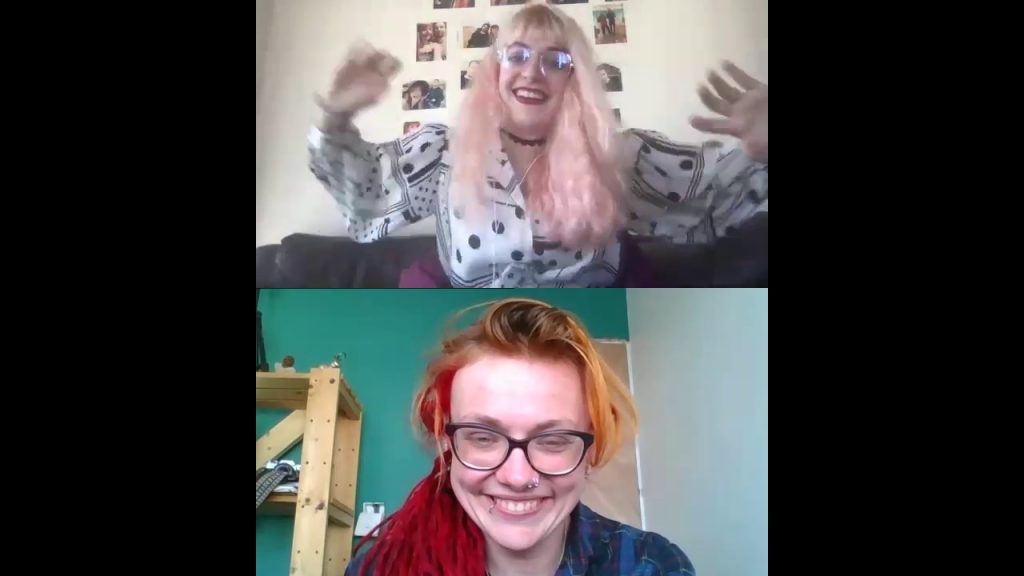
We will see you then! In the meantime, what will you be up to? Anything coming up you’d like to plug?
C: [Dance break]
Yes! Our double book launch extravaganza is coming up!!
No, really?!
C: It’s going to be a poetry party, I’m getting ready for it now.
S: She’s hyped! And I will be hyped too, closer to the time.
C: I feel like Sophie’s dancing too, on the inside, she’s just trying to keep her composure.
S: Absolutely.
C: I’ve got a few other things coming up too but I’m not sure I can say anything yet.
S: Me too. I’ve got a dentist appointment coming up, that’s pretty much all I can talk about.
Fantastically cryptic, thank you.
A huge thank you to both Charlotte and Sophie for taking the time to sit and chat with us. Tickets are live for their launch event on the 28th of May and of course, their collections Metamorphosis and The Man Who Ate 50,000 Weetabix are available to buy from our bookshop.
Geraldine Clarkson
‘I think possibly that what I write comes out differently for having been suppressed, there’s more of a pressure to it—and, when it does emerge, it’s maybe colliding with a different world from the one in which the material was laid down – in the manner of geological layers, perhaps!’
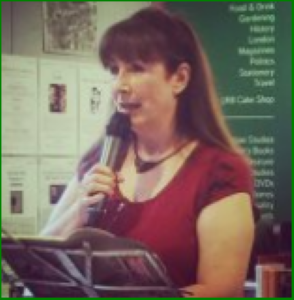
Geraldine Clarkson is from the UK Midlands, with roots in the West of Ireland. She has three poetry chapbooks, including a Poetry Book Society Pamphlet Choice and a Laureate’s Choice. Her work has featured in many anthologies including Furies: A Poetry Anthology of Women Warriors (For Books’ Sake, 2014) and Witches, Warriors, Workers: An anthology of contemporary working women’s poetry (Culture Matters, 2020).
She has performed poems at the Royal Albert Hall, broadcast for the Proms Extra Lates on BBC Radio 3, and also at several festivals, the Poetry Society AGM, and at poetry venues in London, New York, Dublin and Edinburgh. Her first full collection was with Monica’s Overcoat of Flesh, Nine Arches Press 2020.
CRUCIFOX
Crucifox is more a state of mind than a particular creature or person. The collection circles rebellion, emergence from disappointment and fasting, new beginnings, recreation following destruction; soulwork; inspiration and the act of writing itself.
There is a focus on female desire and feral impulses behind polite exteriors; assumed responsibilities and pre-packed creeds; the role of women within close-knit community, the silent and marginalised aspects of women, their masking and unveiling and the stilling of their tongues. There is no shortage either of vermin and sleaze, crime, including murder; along with curlicues, cleaners, clowns, gambling, lotteries, and a lot of luck…
SAMPLE POEM
Before the flames came/Encounter
When the sun had set and darkness had fallen, behold, a smoking firepot
and a flaming torch appeared and passed between the halves of the carcasses.
—Genesis 15:17
On a hill, I always thought, I’d have an encounter, woman
to God; or in the candled calm of some huge-statued
basilica, its sparkling dark. Perhaps at a tree-
starved shrine, with pilgrims stretched in crocodile;
or in bed—through the night—like in Psalm 63.
Maybe via an angel, masquerading
as a stranger. Or in the bath,
public or private—it’s not unheard of.
But—en la poesía—how could it happen?—
pen and paper prodding to prayer—to prepare.
Just as father Abram—with promise of offspring
plenty as stars—offered sacrifice:
animals caught, blood-let, slaughtered, halved, set out in a line.
MONICA'S OVERCOAT OF FLESH
Geraldine’s debut collection Monica’s Overcoat of Flesh was published by Nine Arches Press in 2020. Richly detailed and formally audacious, the collection is an exploration of enclosure and freedom, of silence and music, and of the impermanence and wonder of the flesh.
These poems contain the uncontainable; spellbound and courageous, they roam from South American monasteries to the shorelines of memory and the truth-towers of the self, surveying matters of faith, being, tragedy, and womanhood.
Geraldine’s poem ‘The Fainting Room’, which features in her pamphlet Crucifox, was performed by Rebecca Hare for Live Canon and shortlisted for the Live Canon International Poetry Prize 2018.

